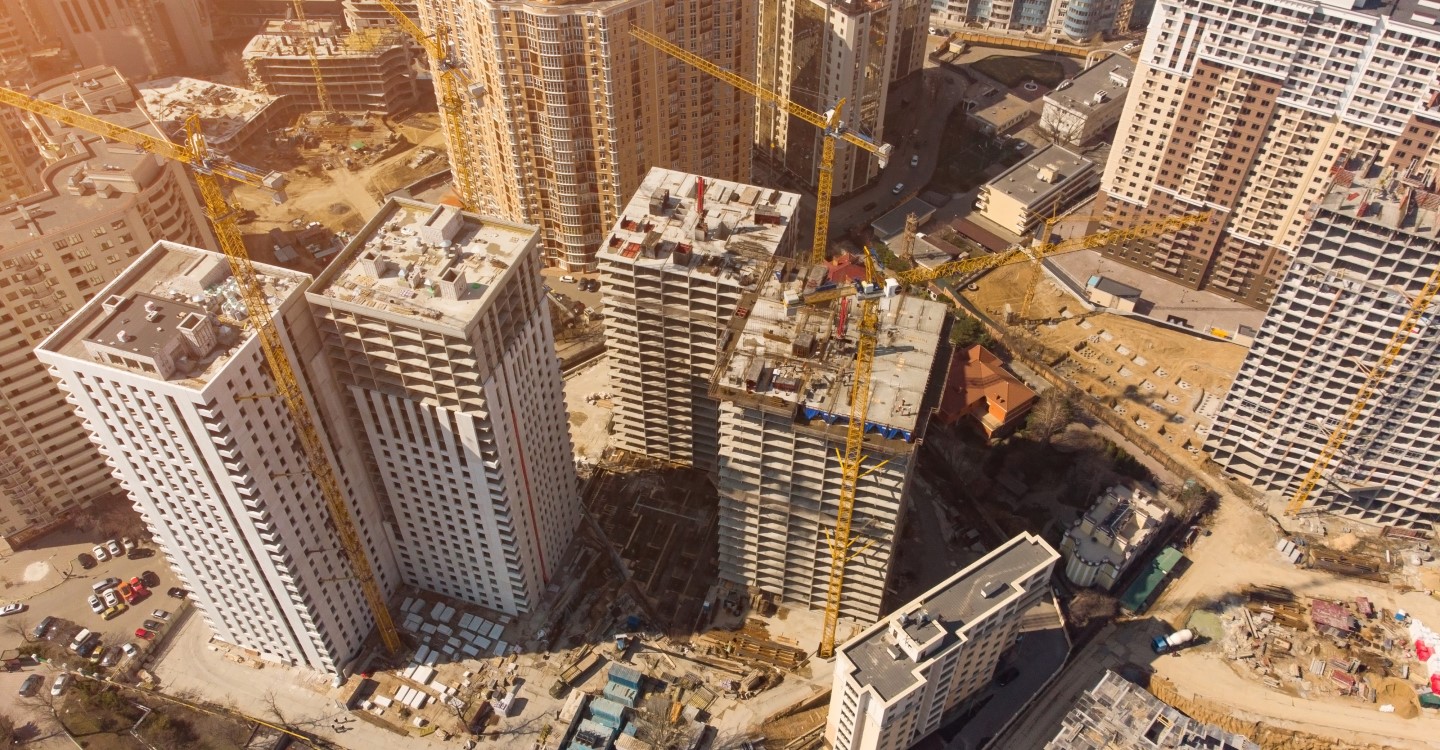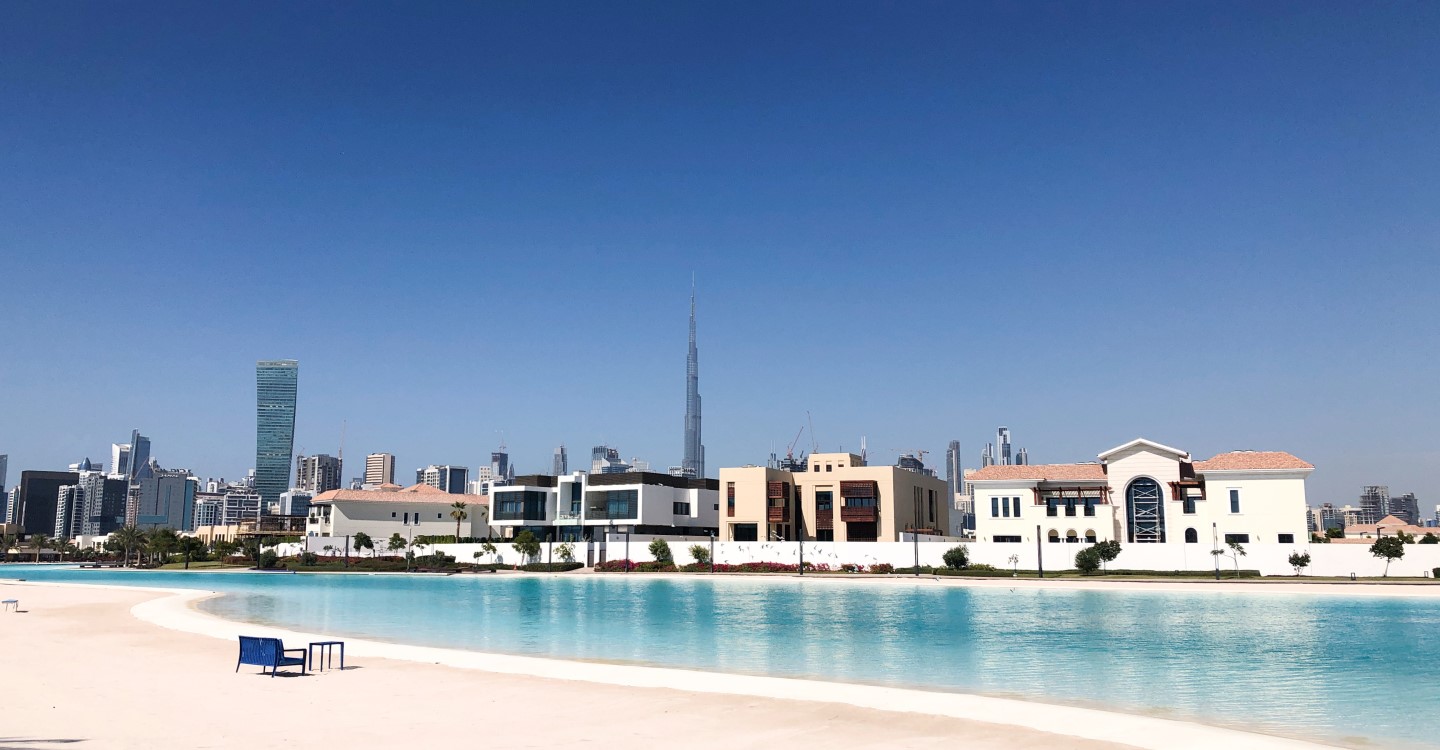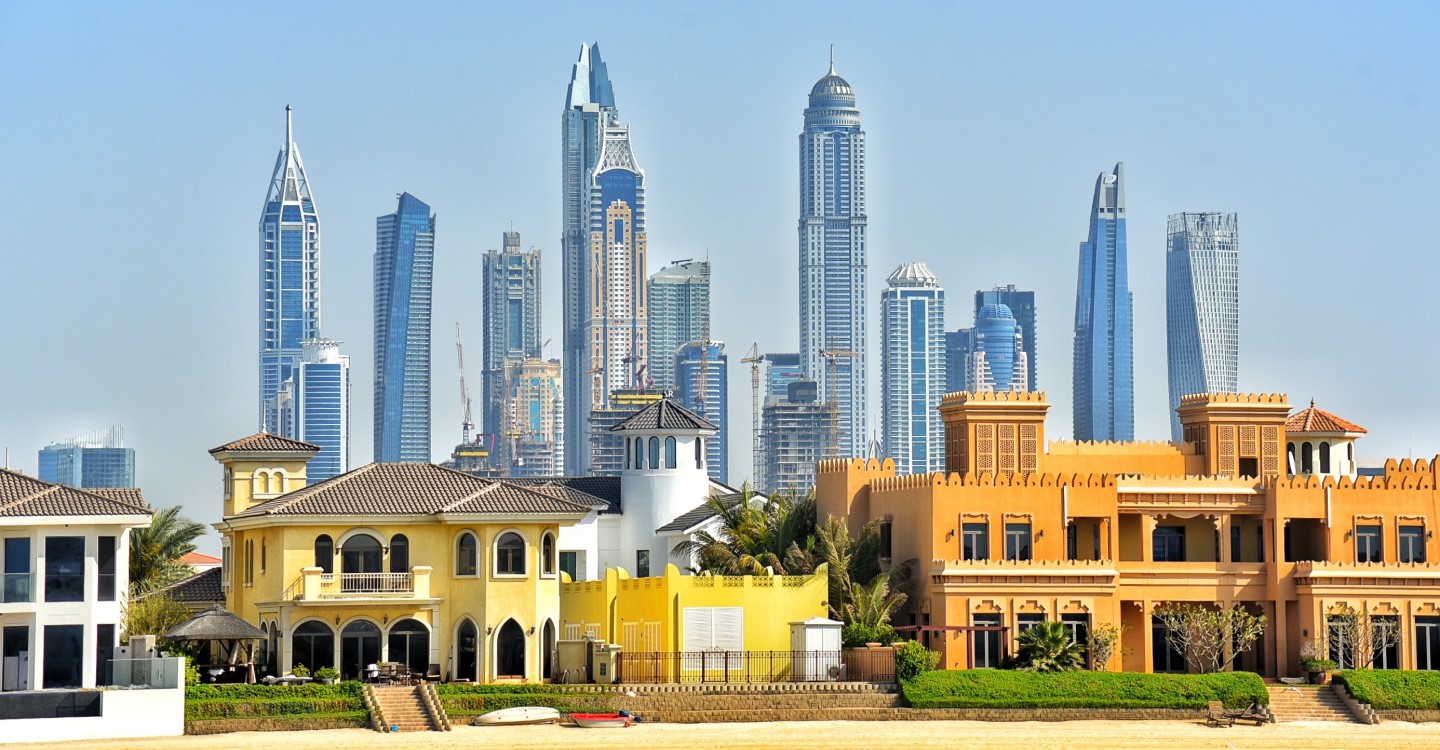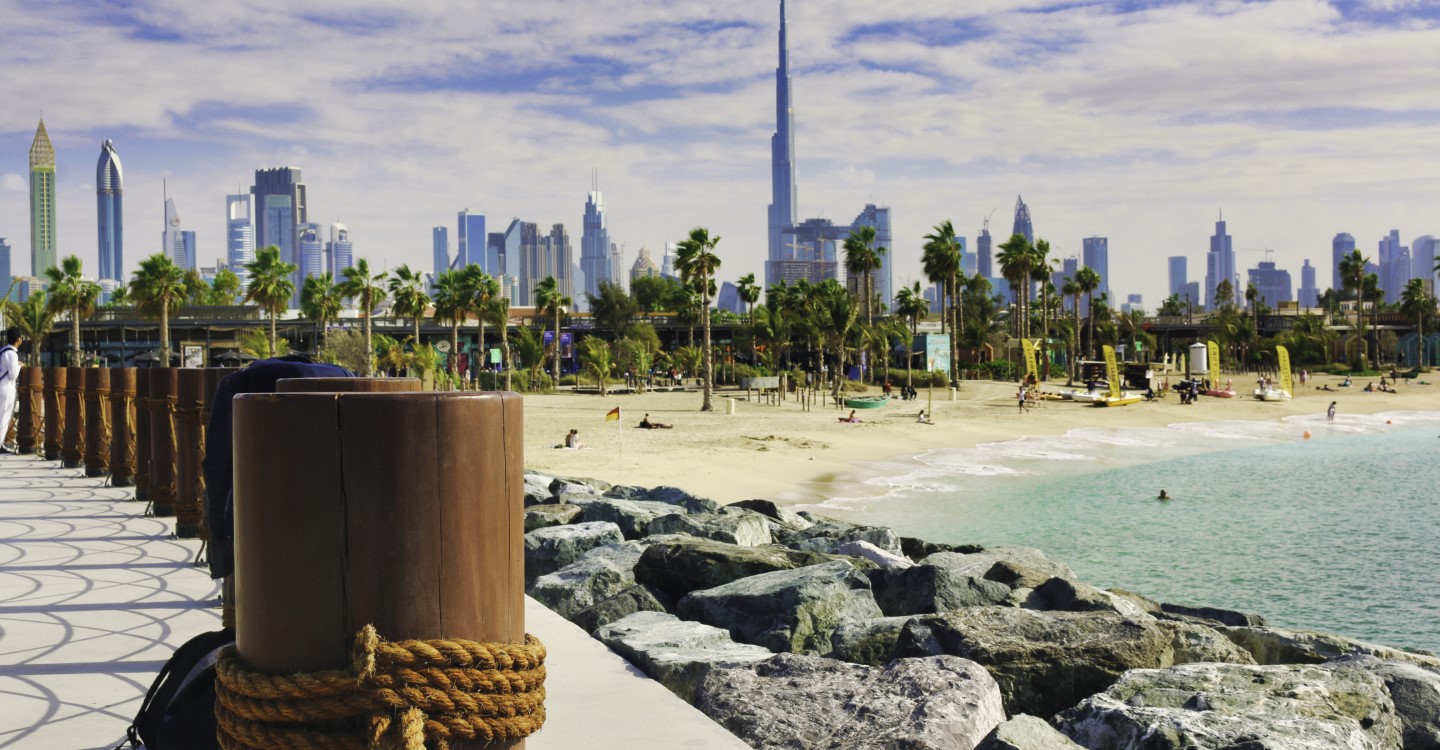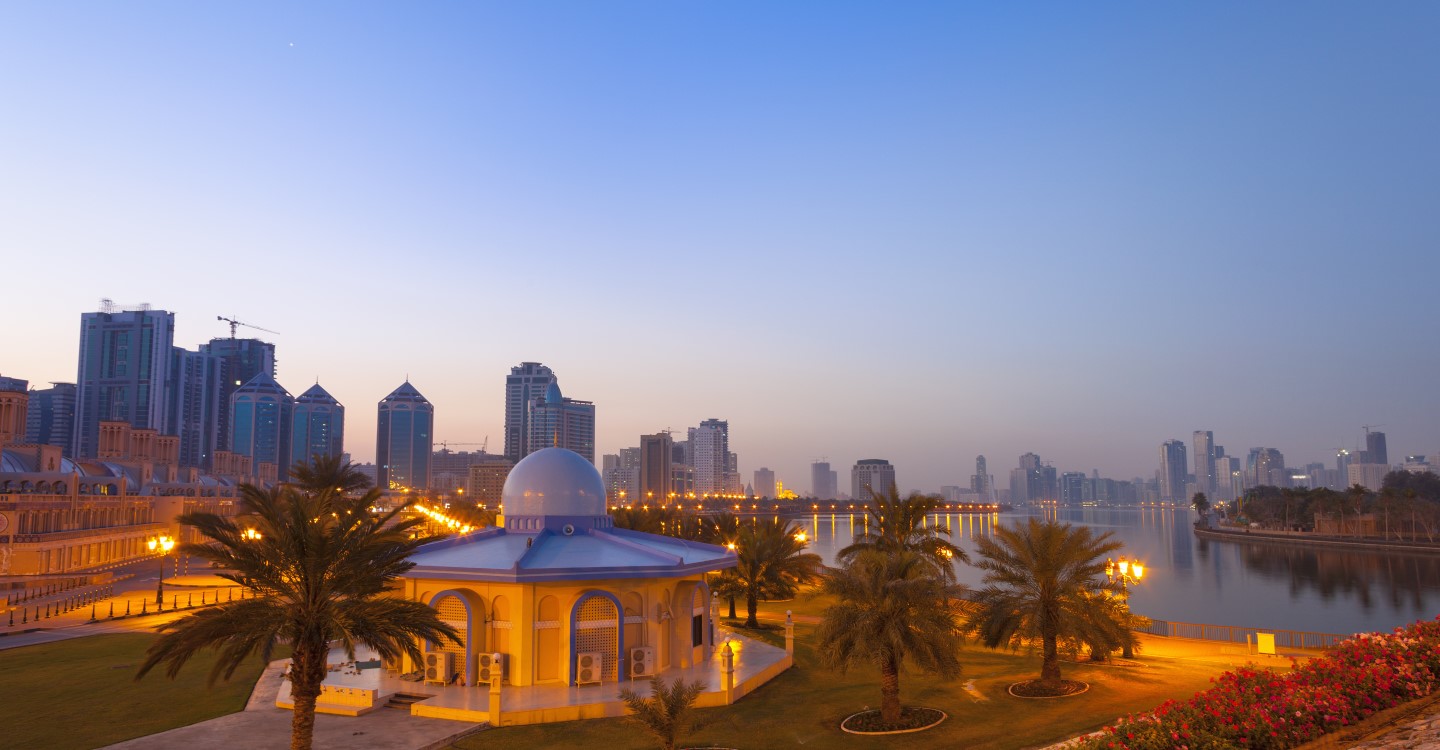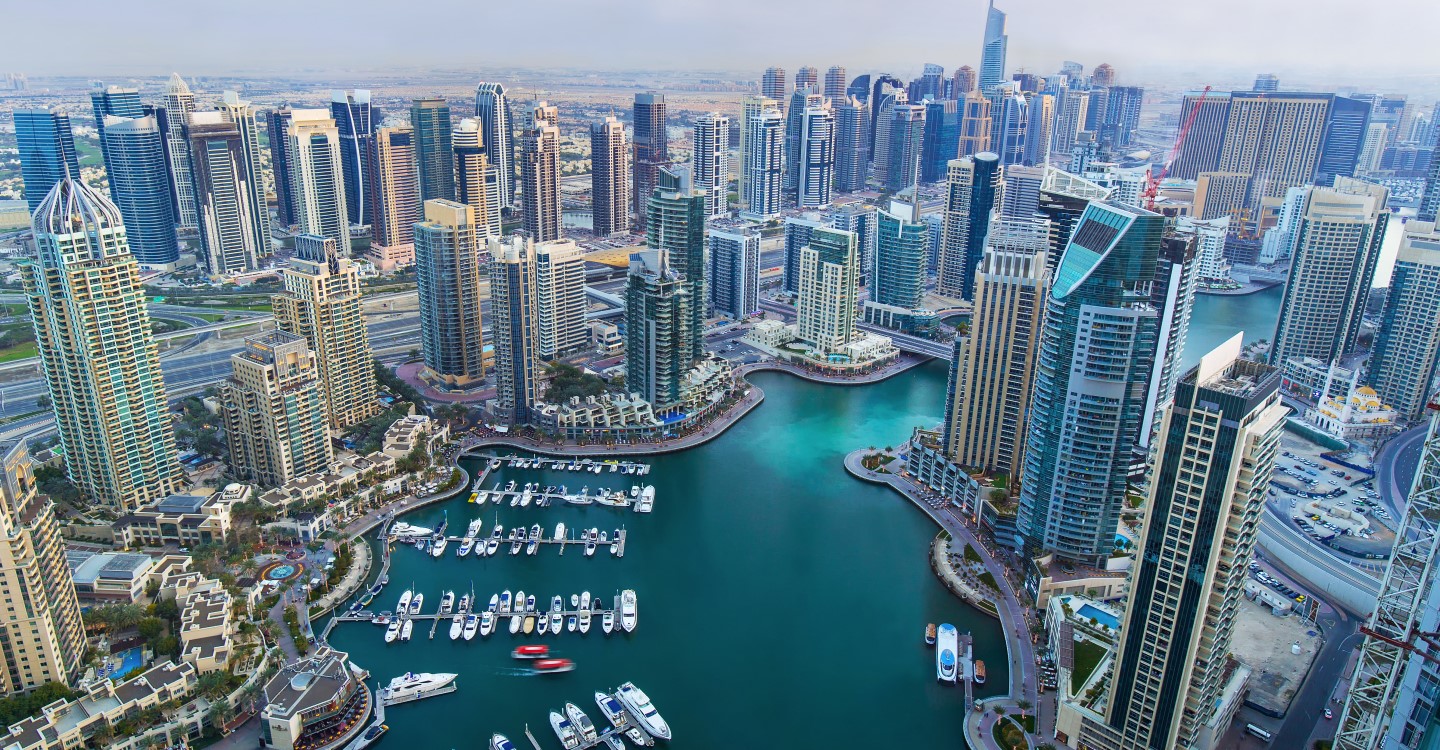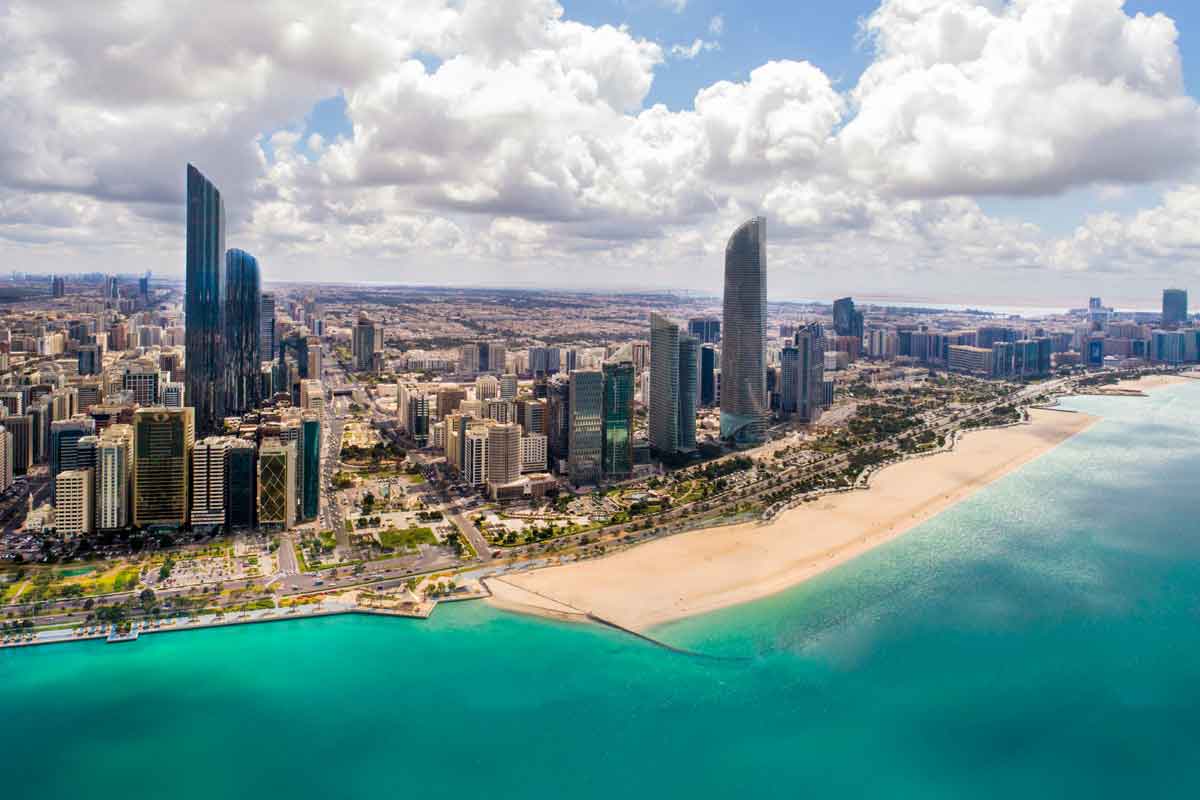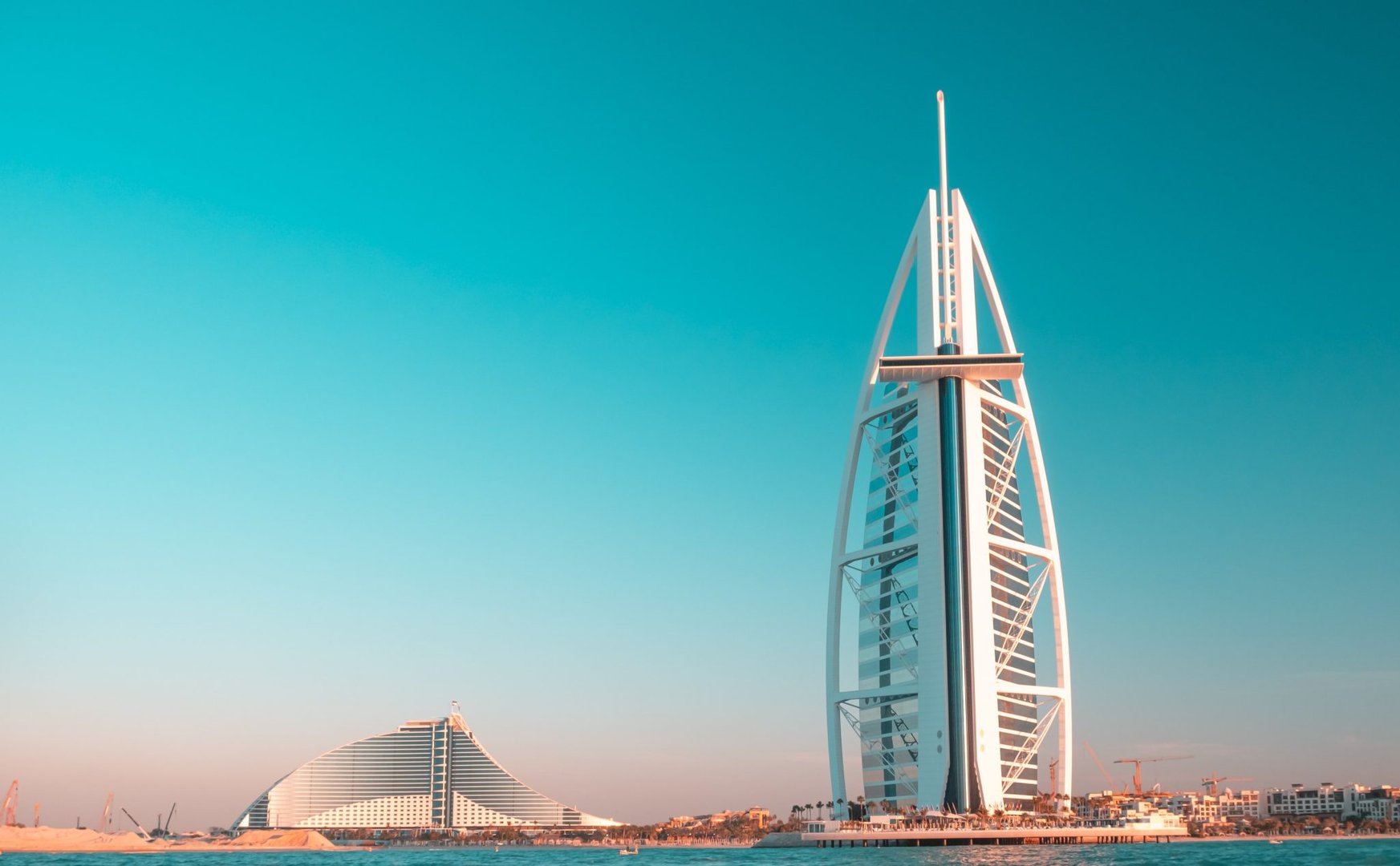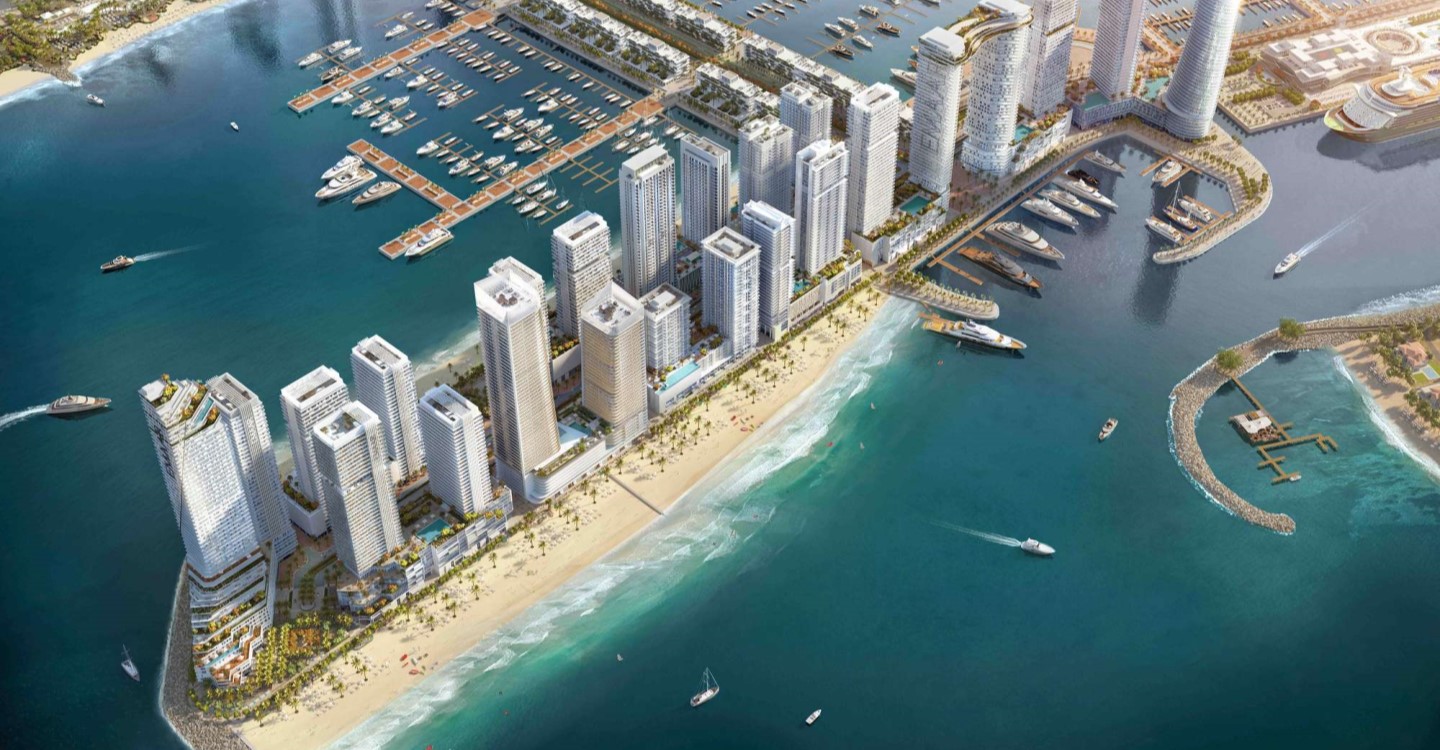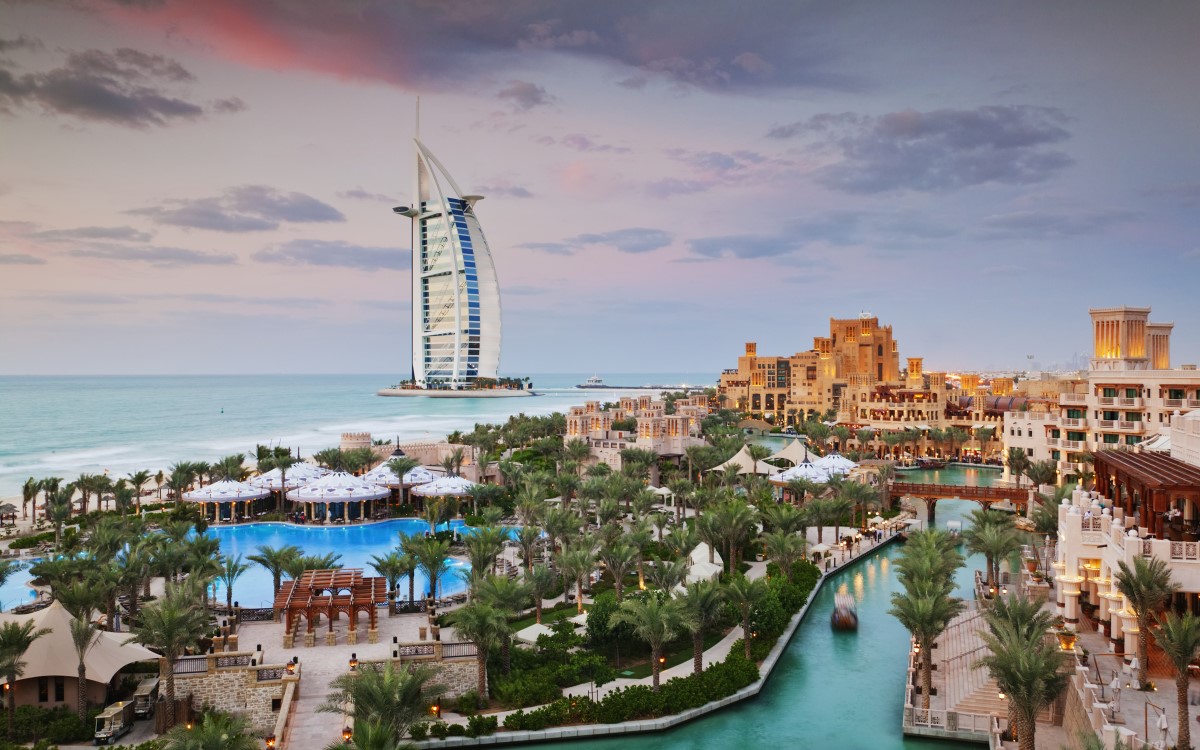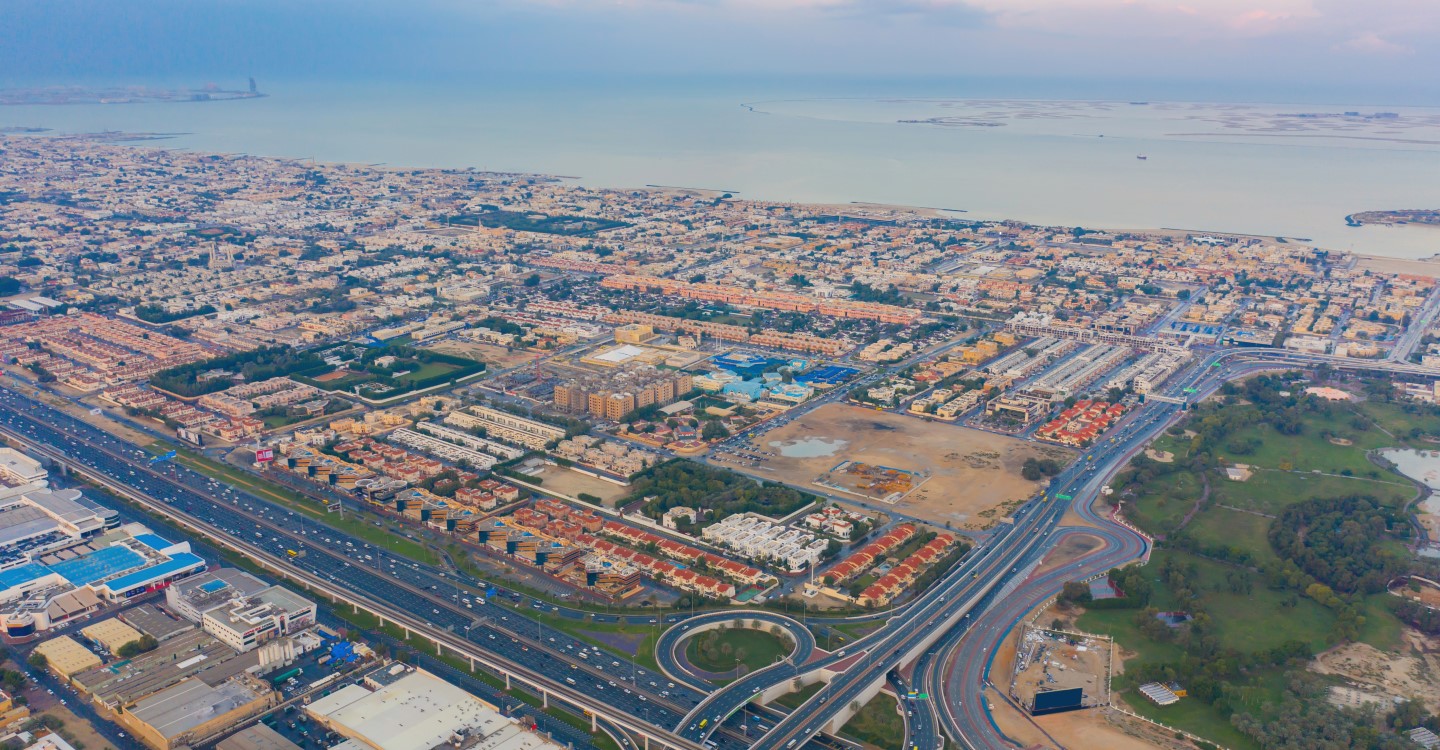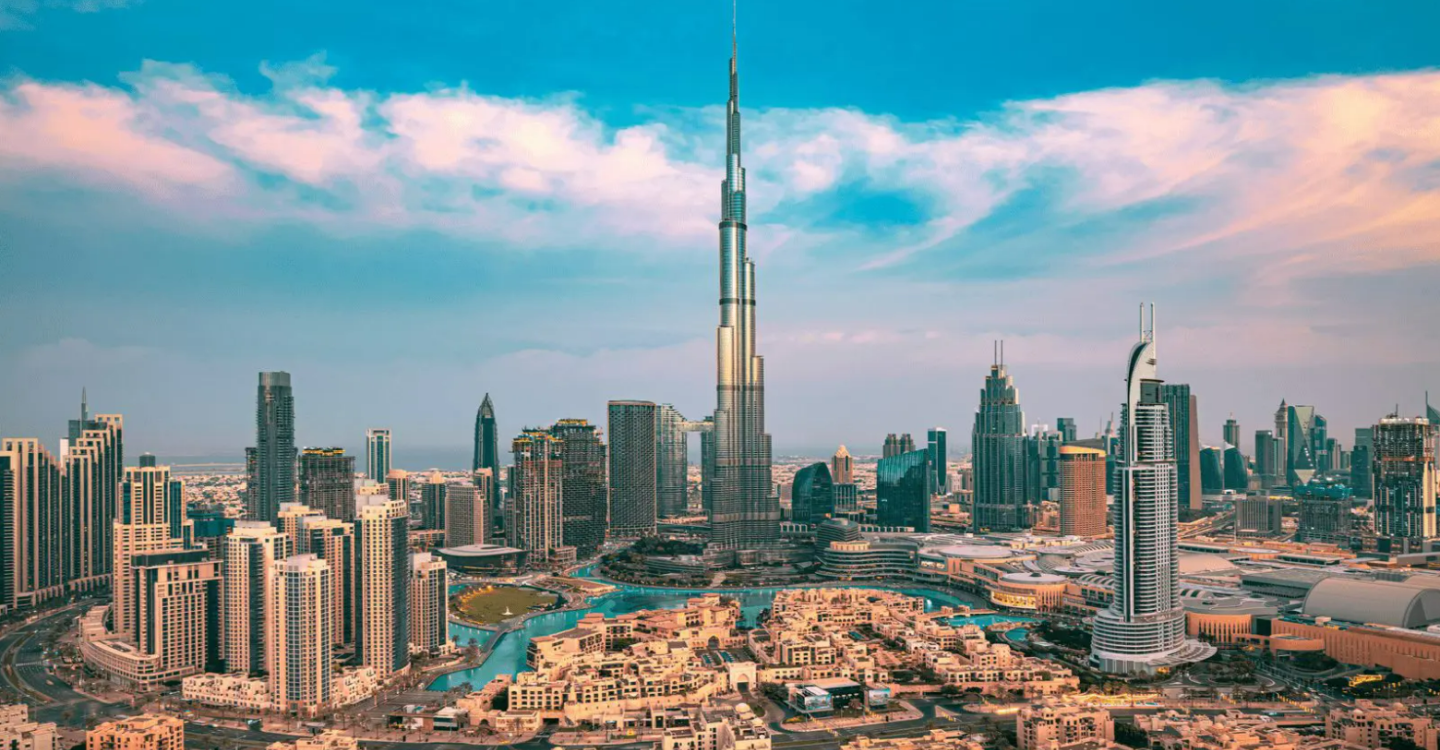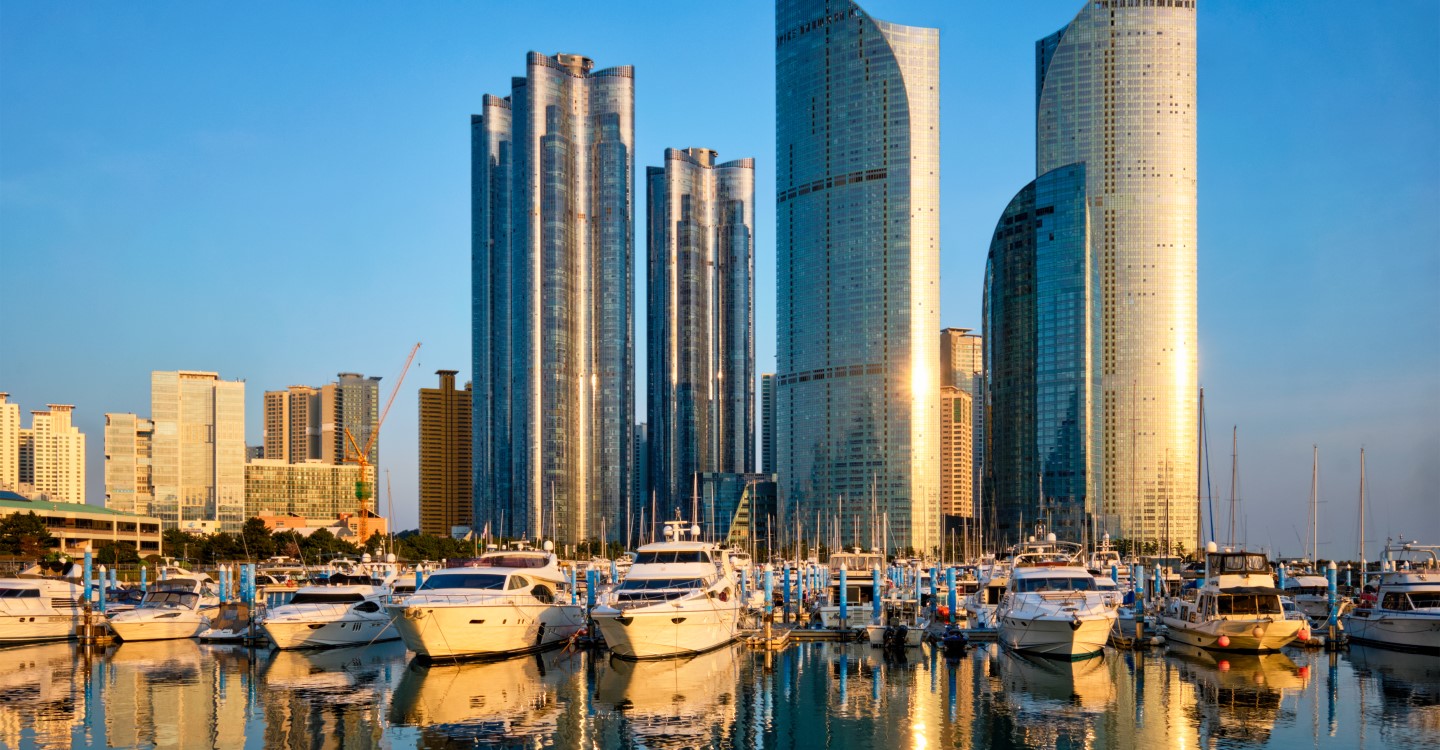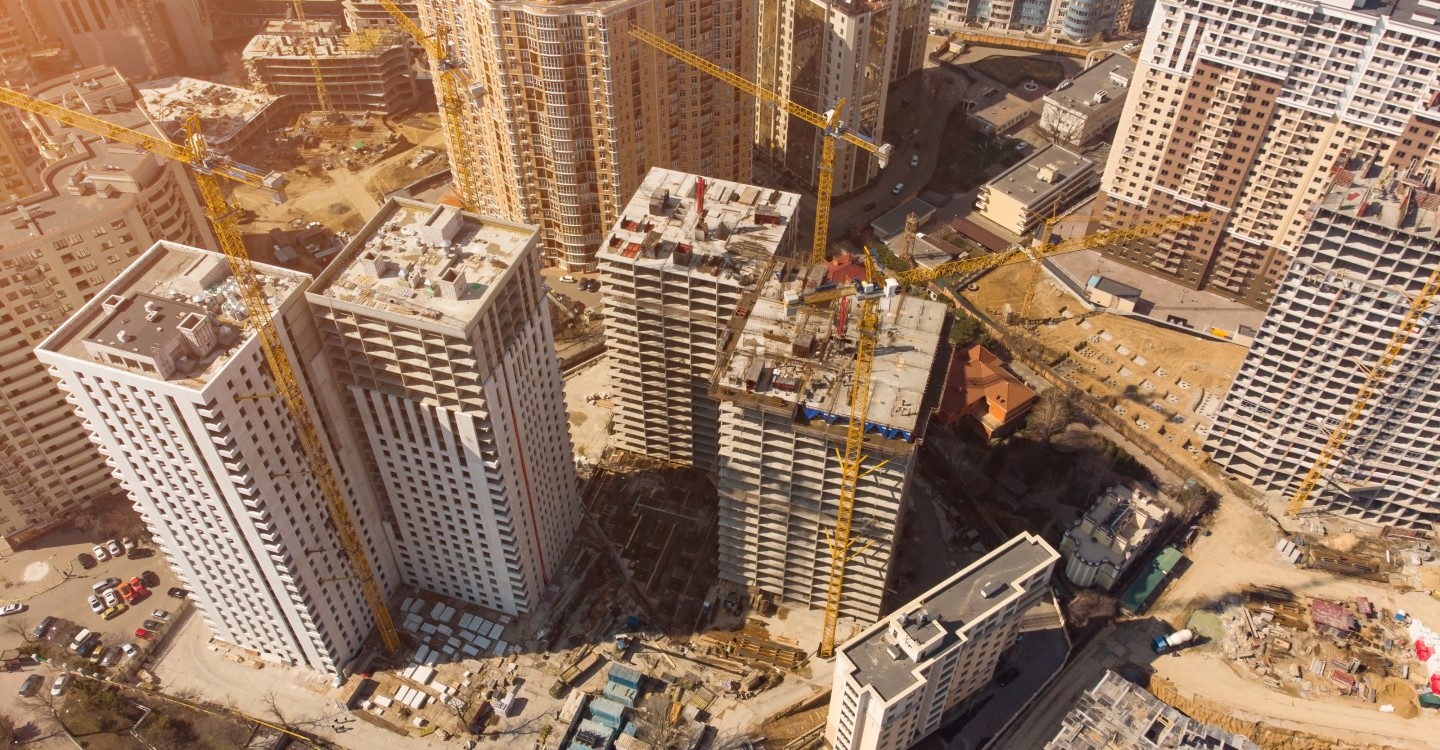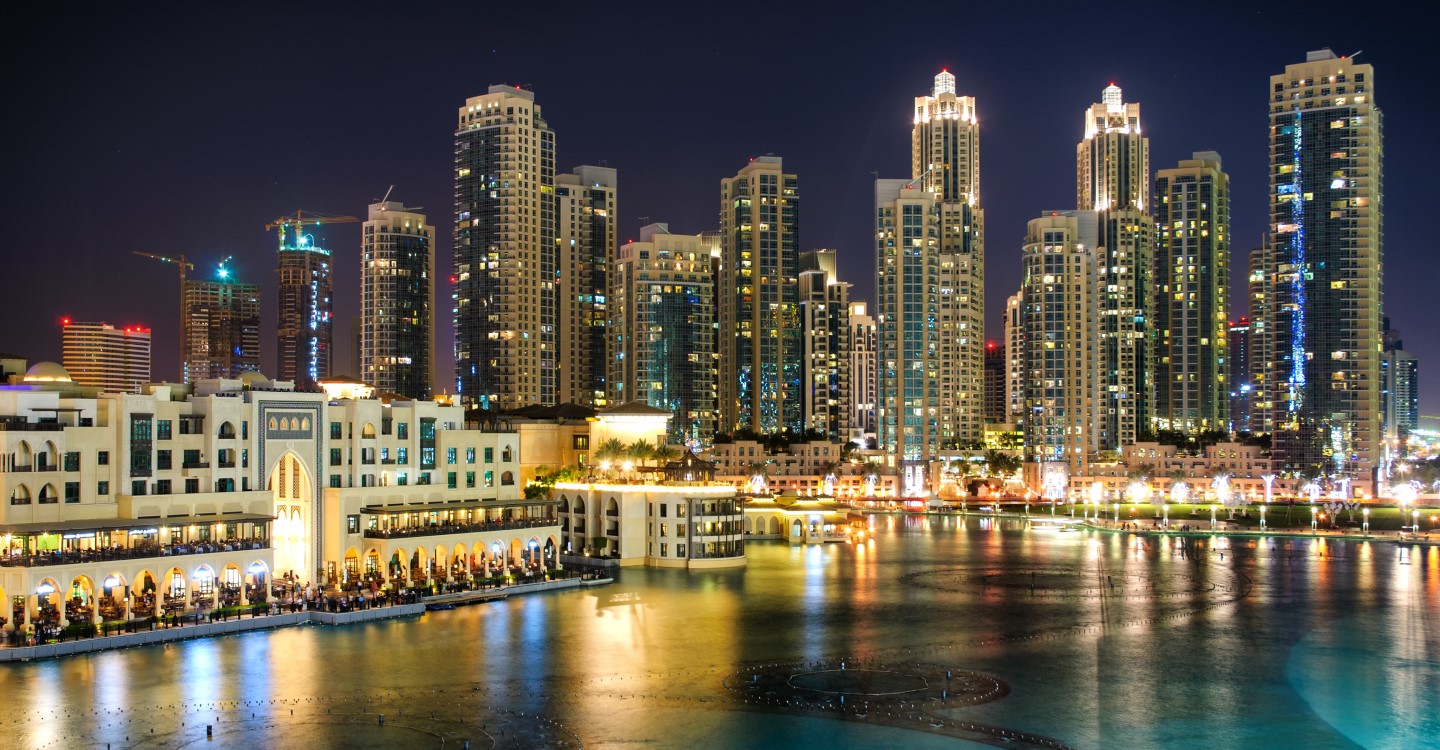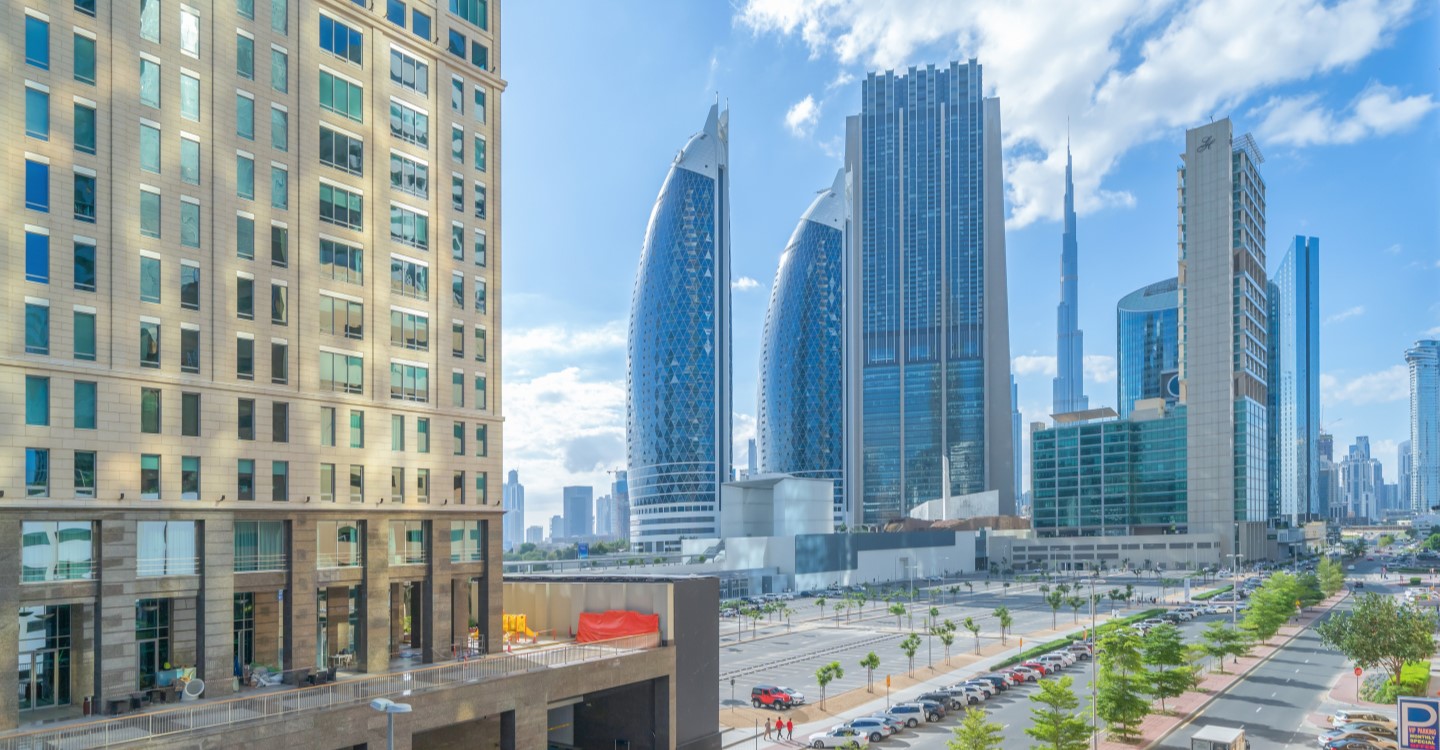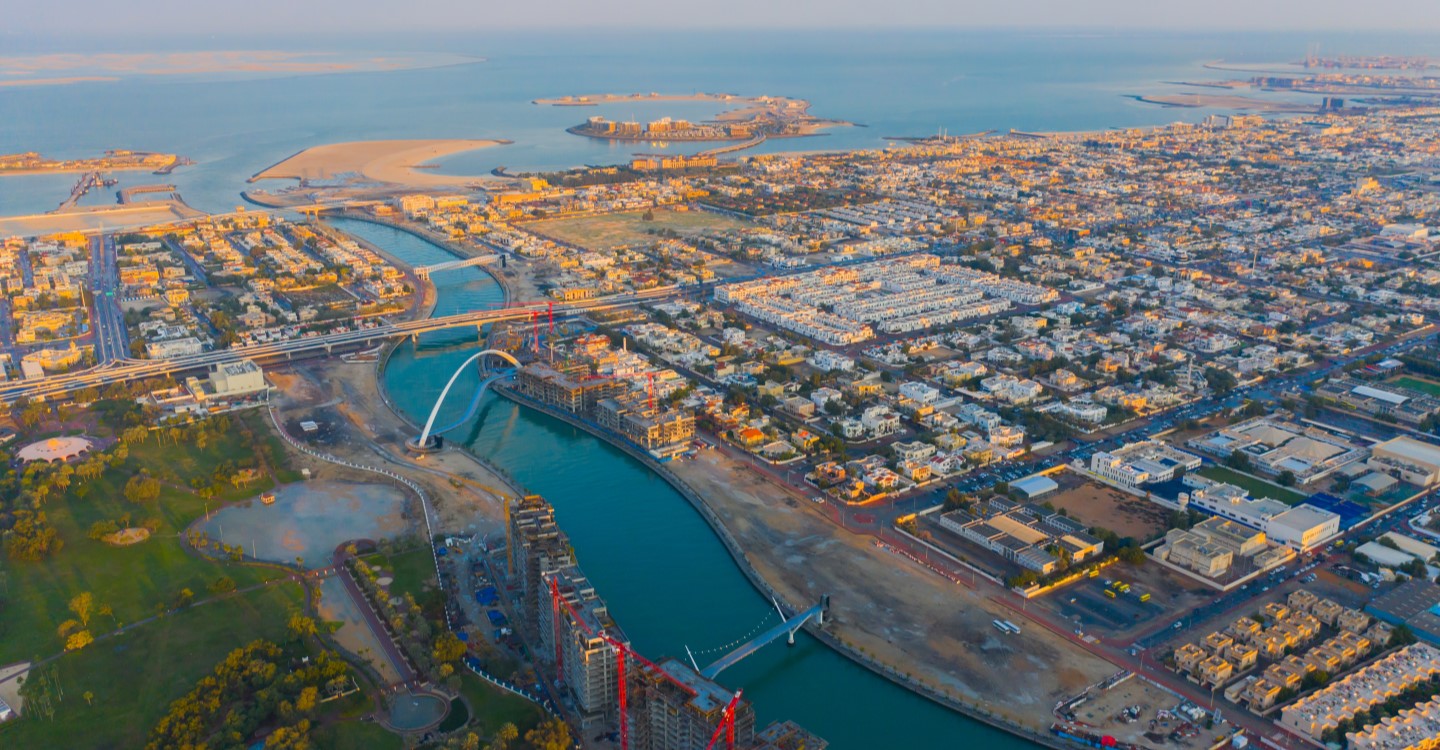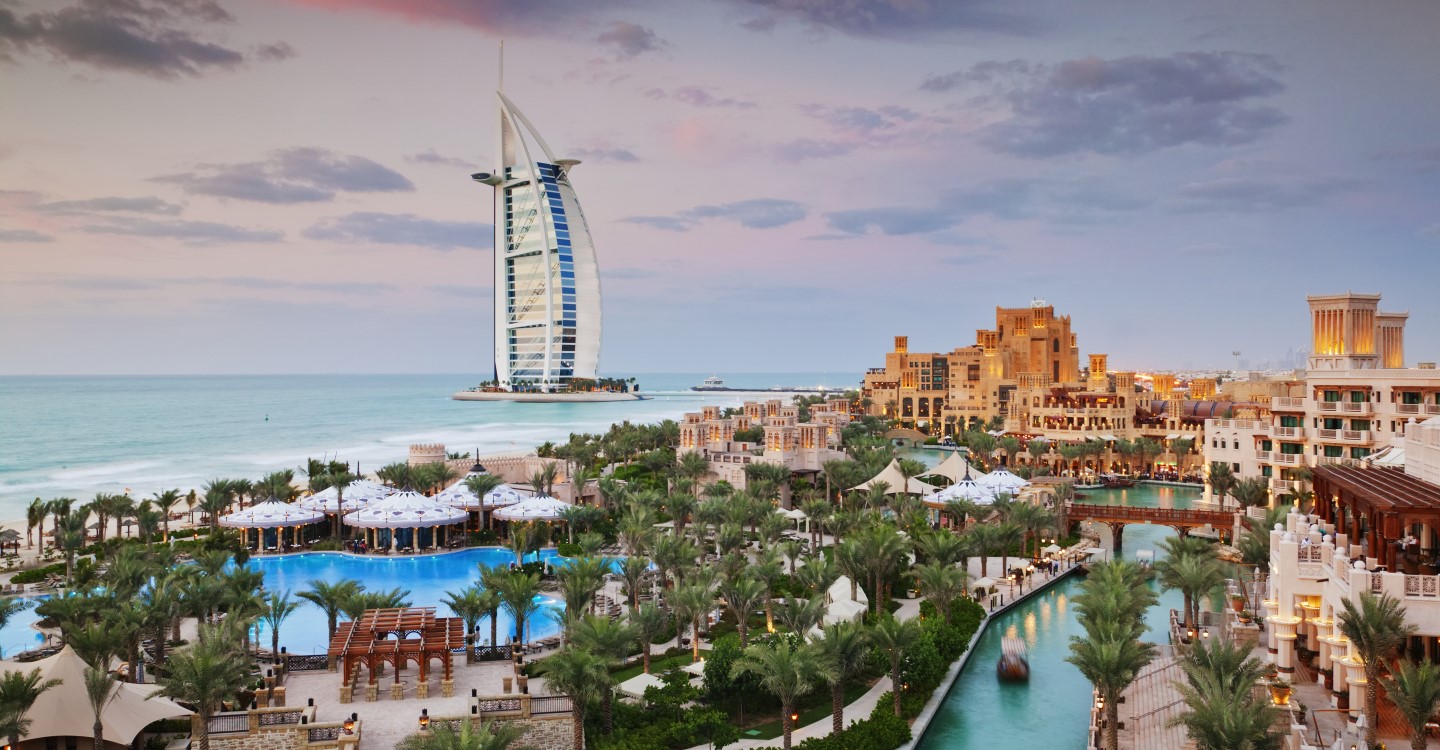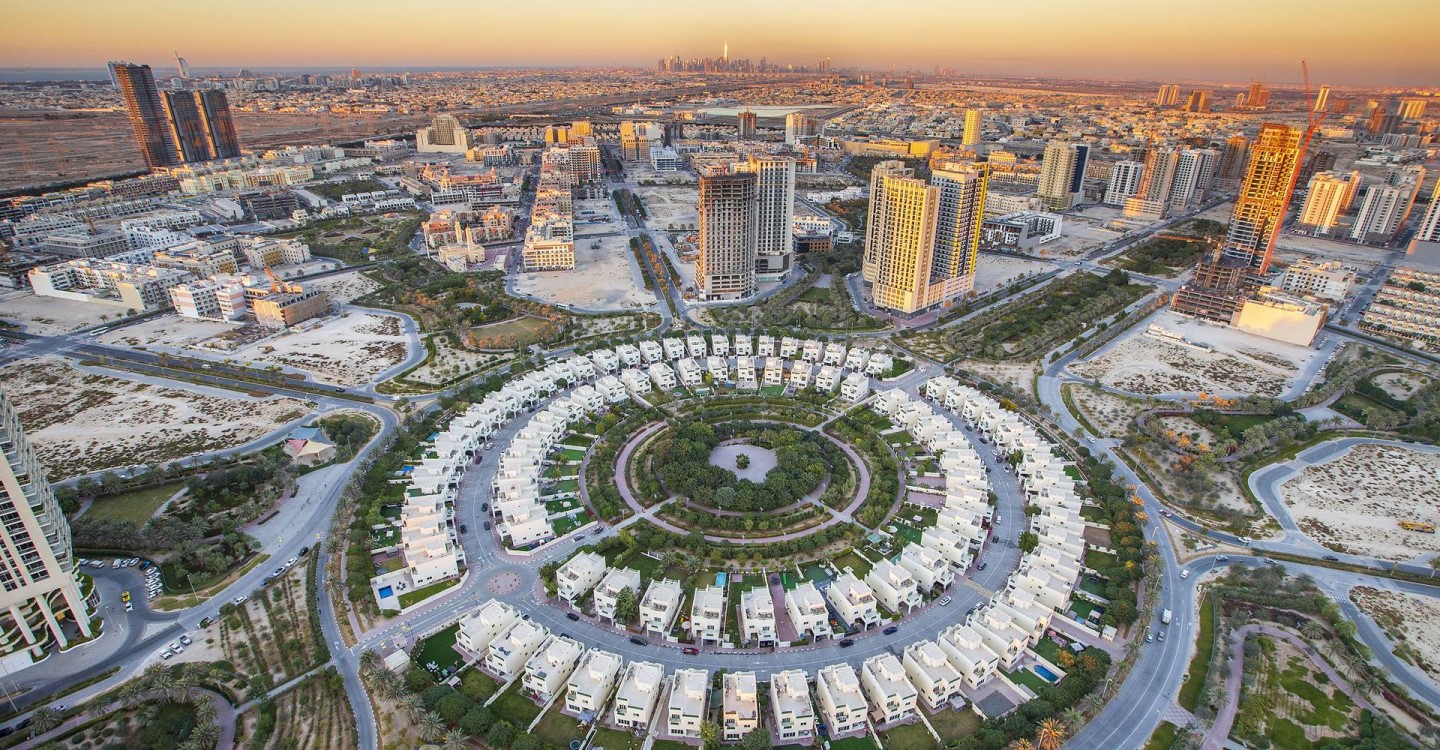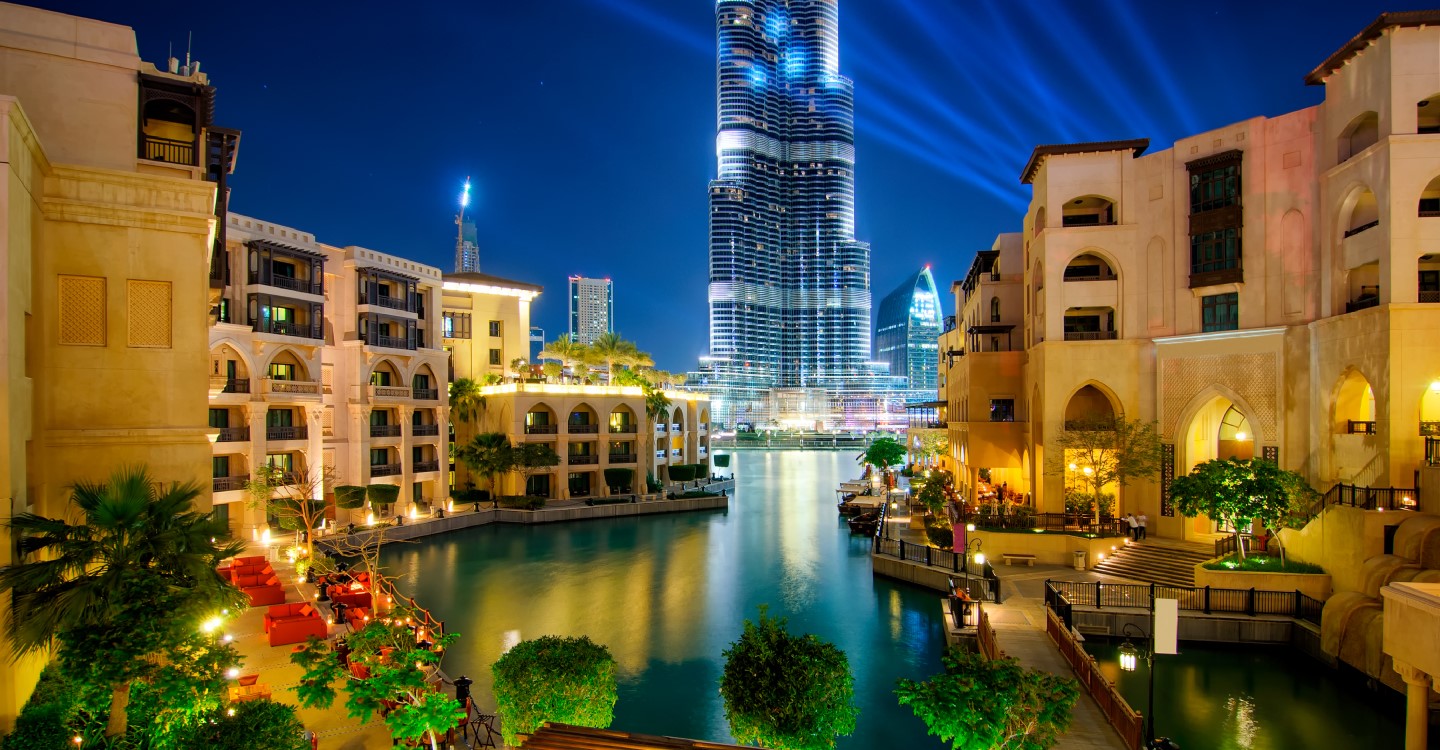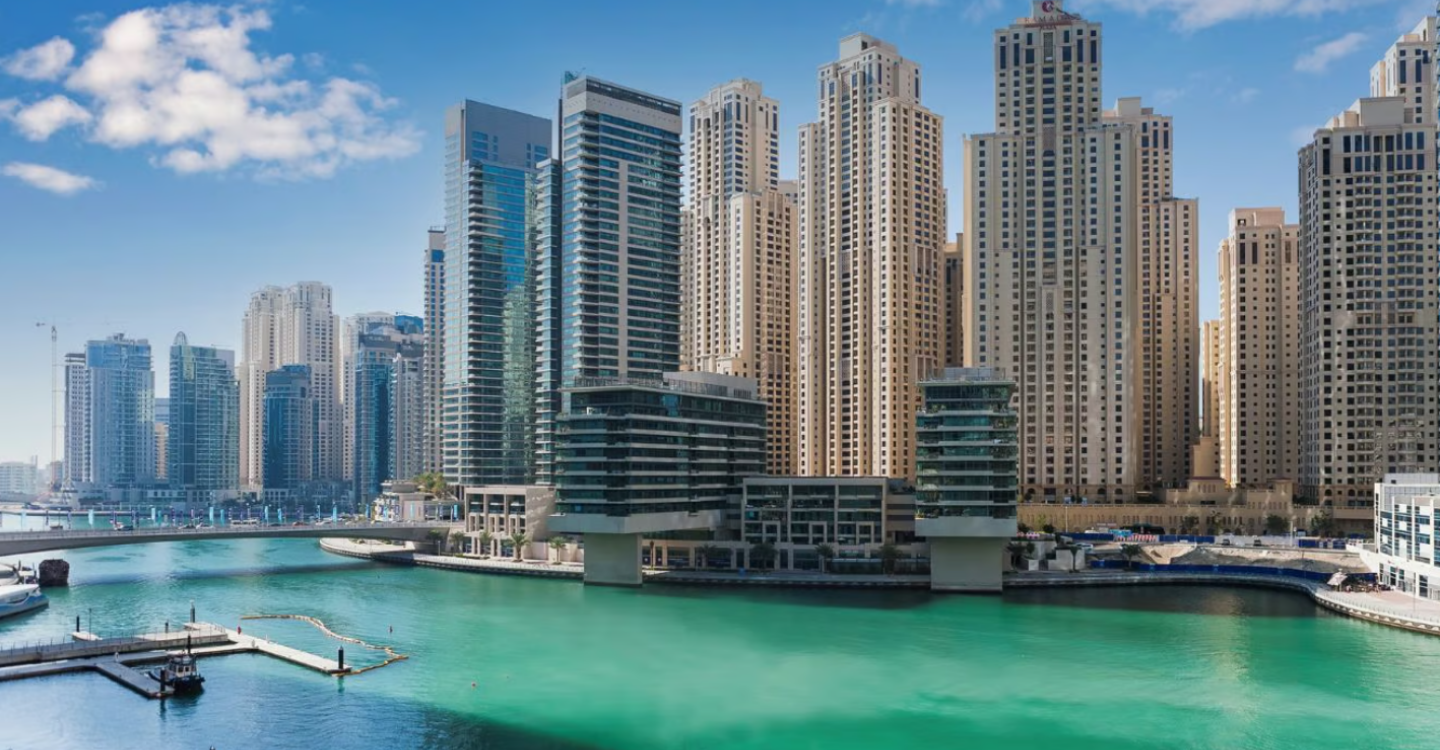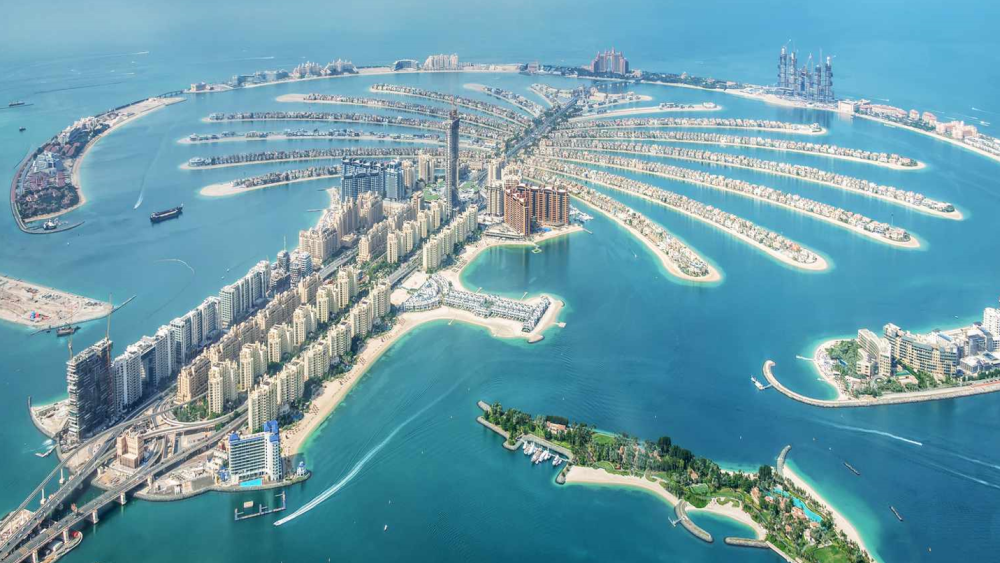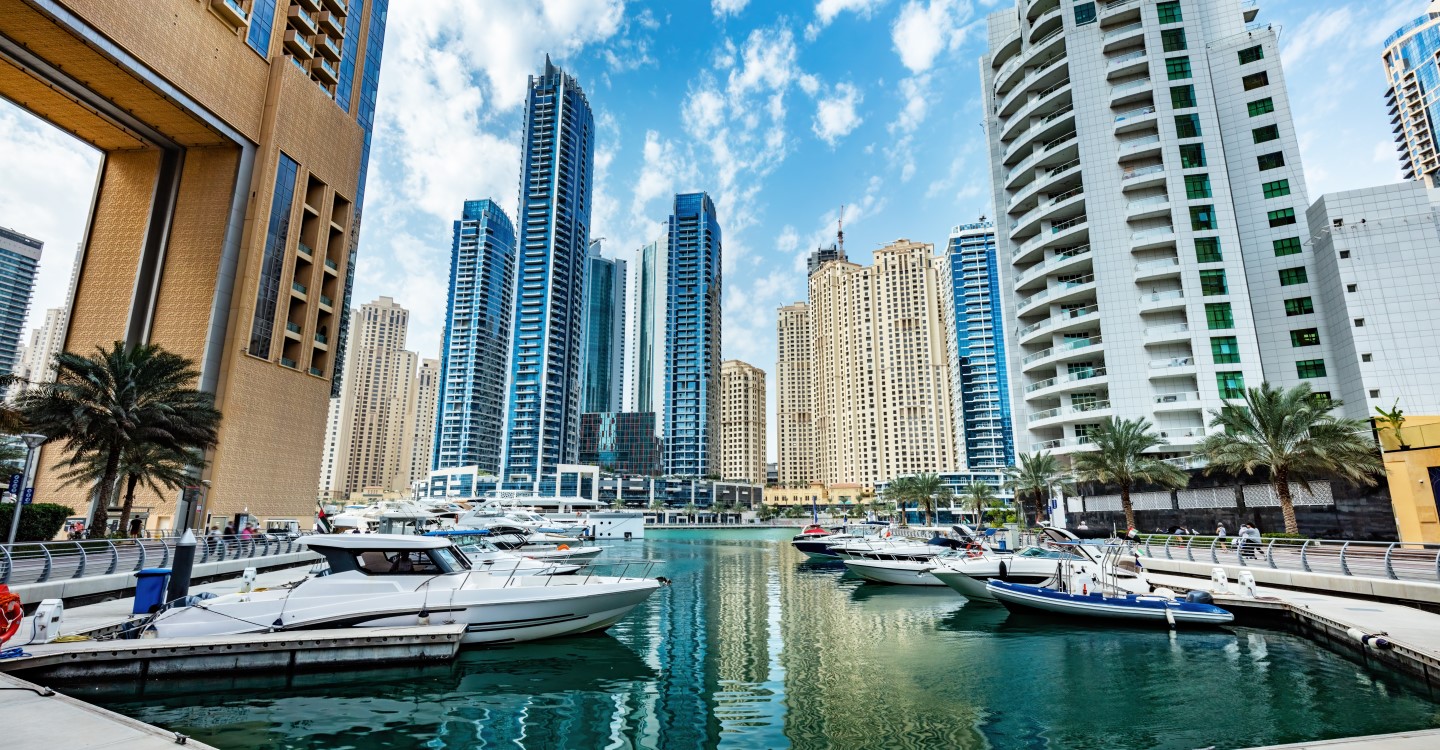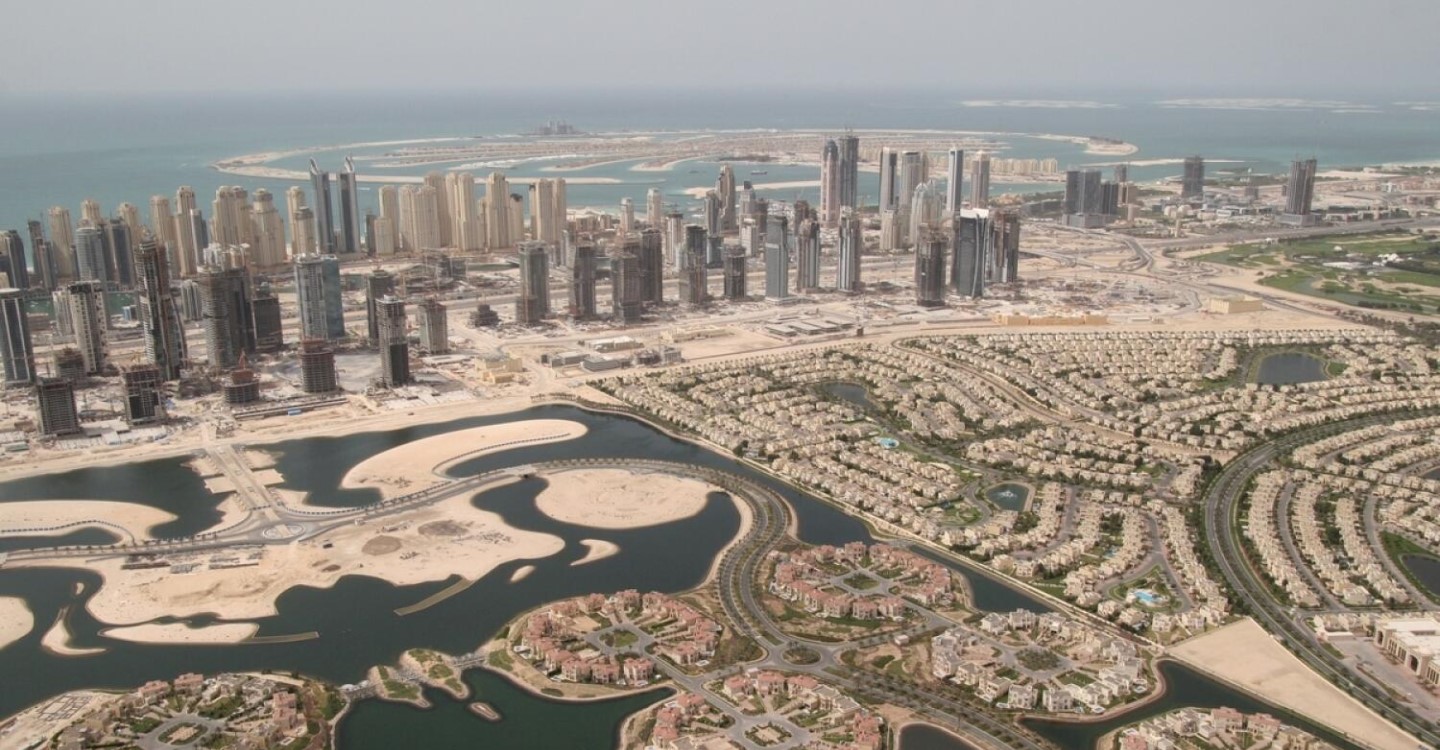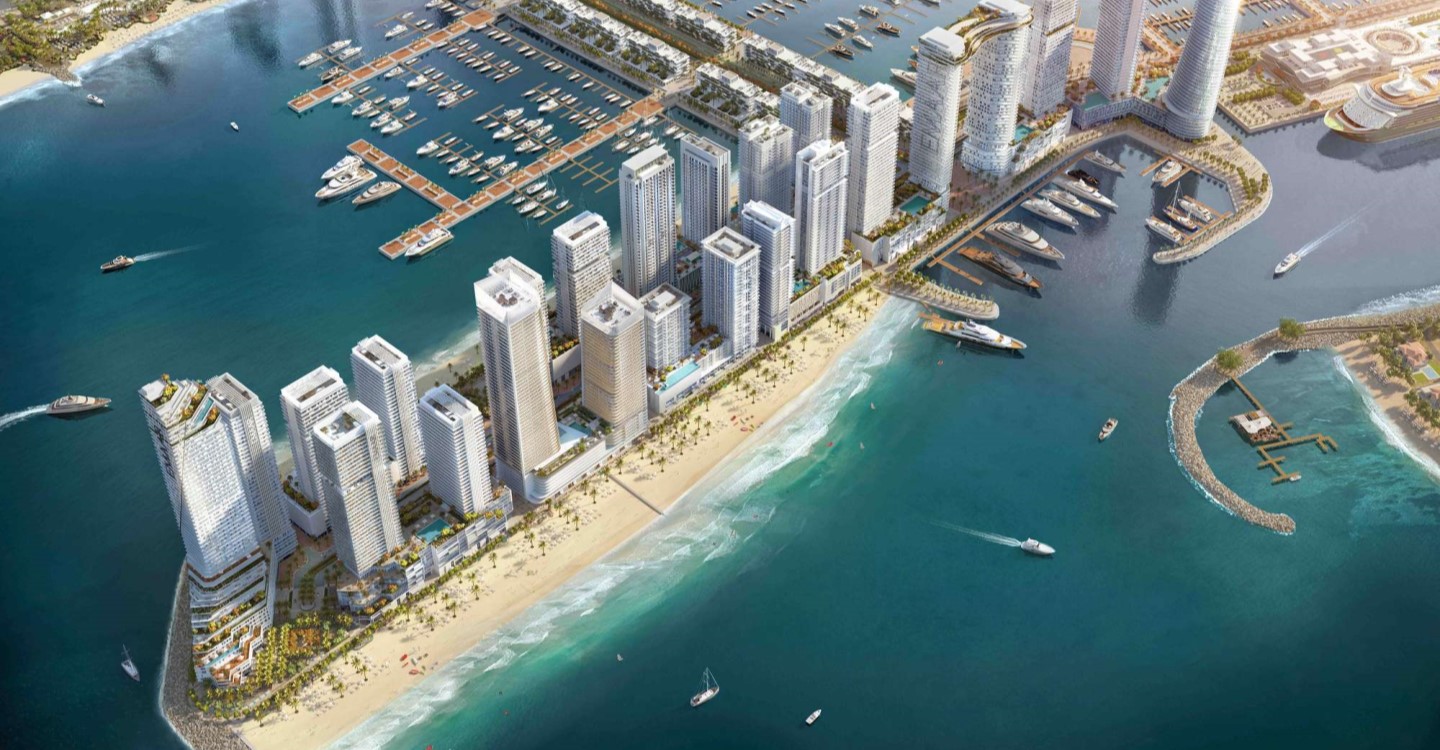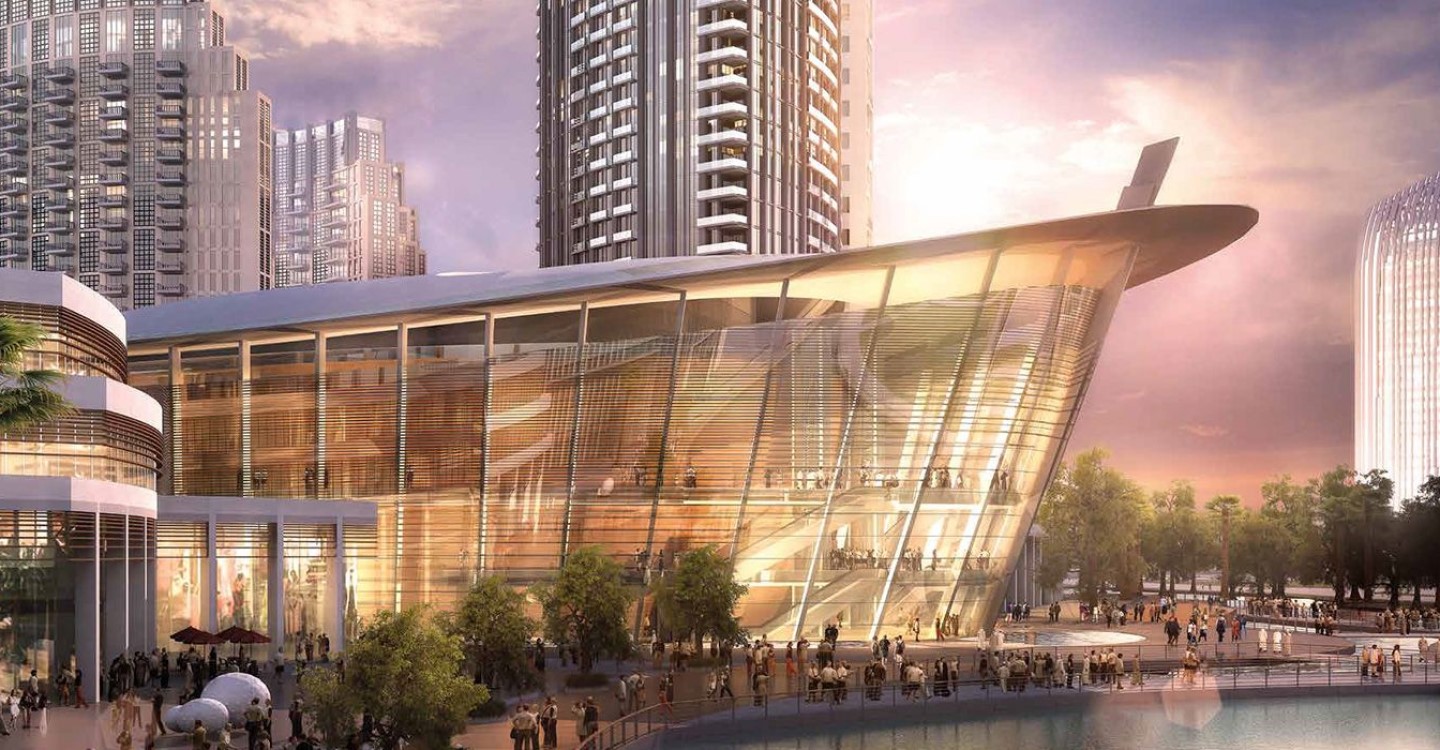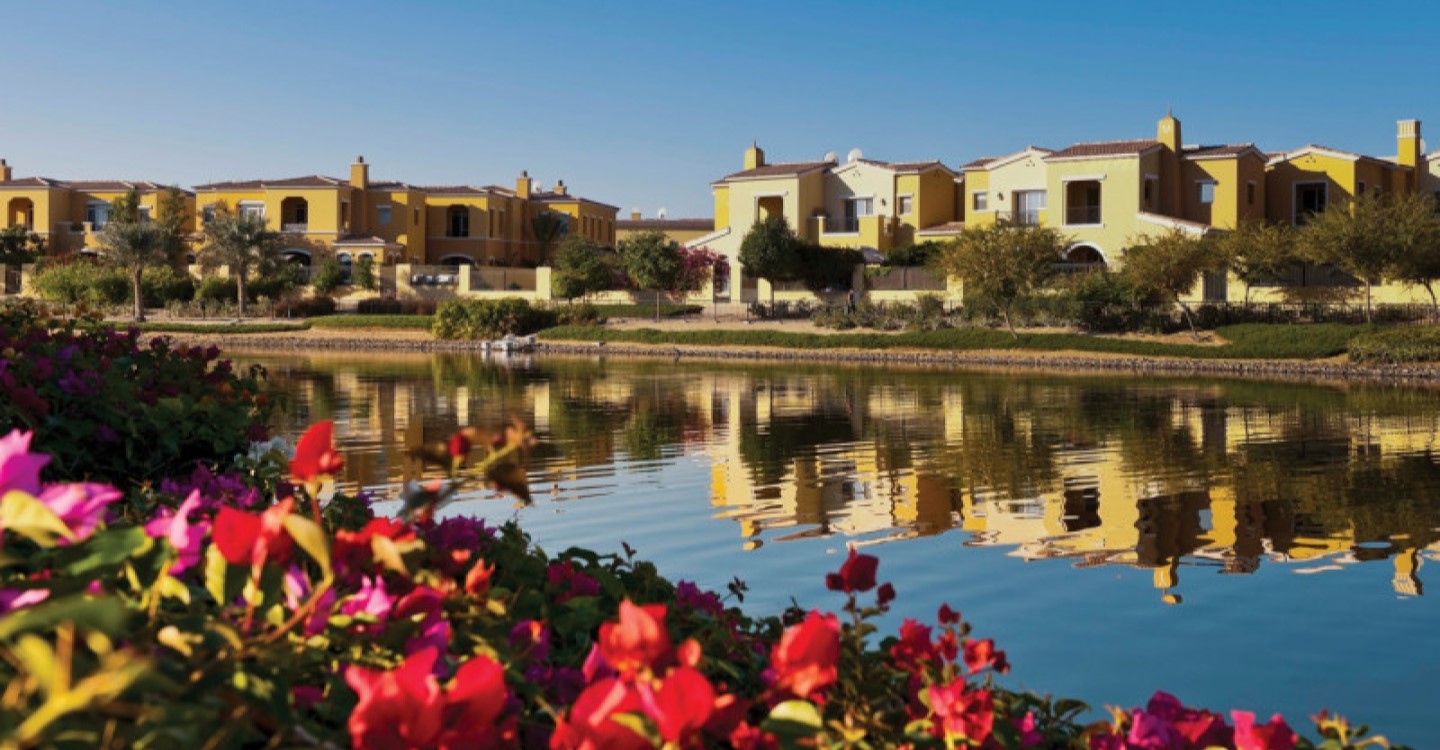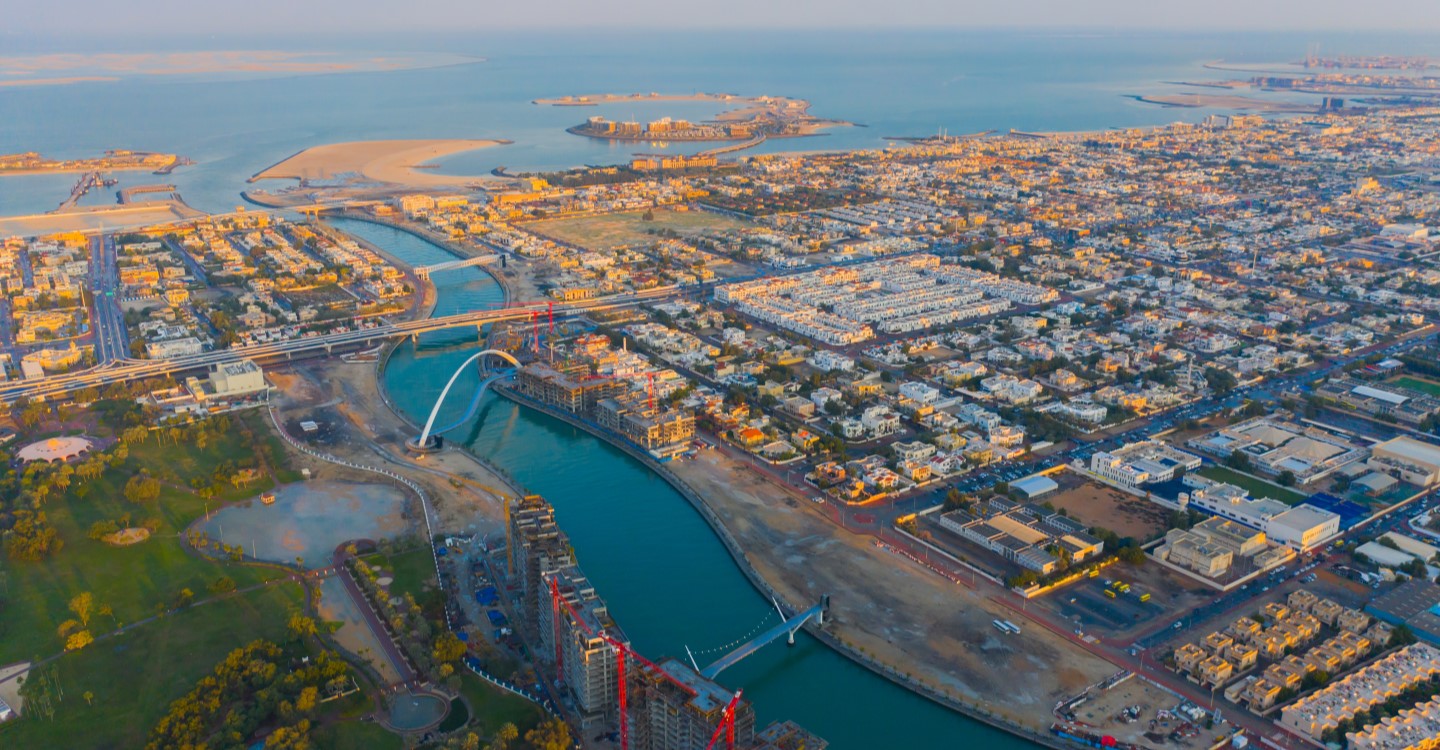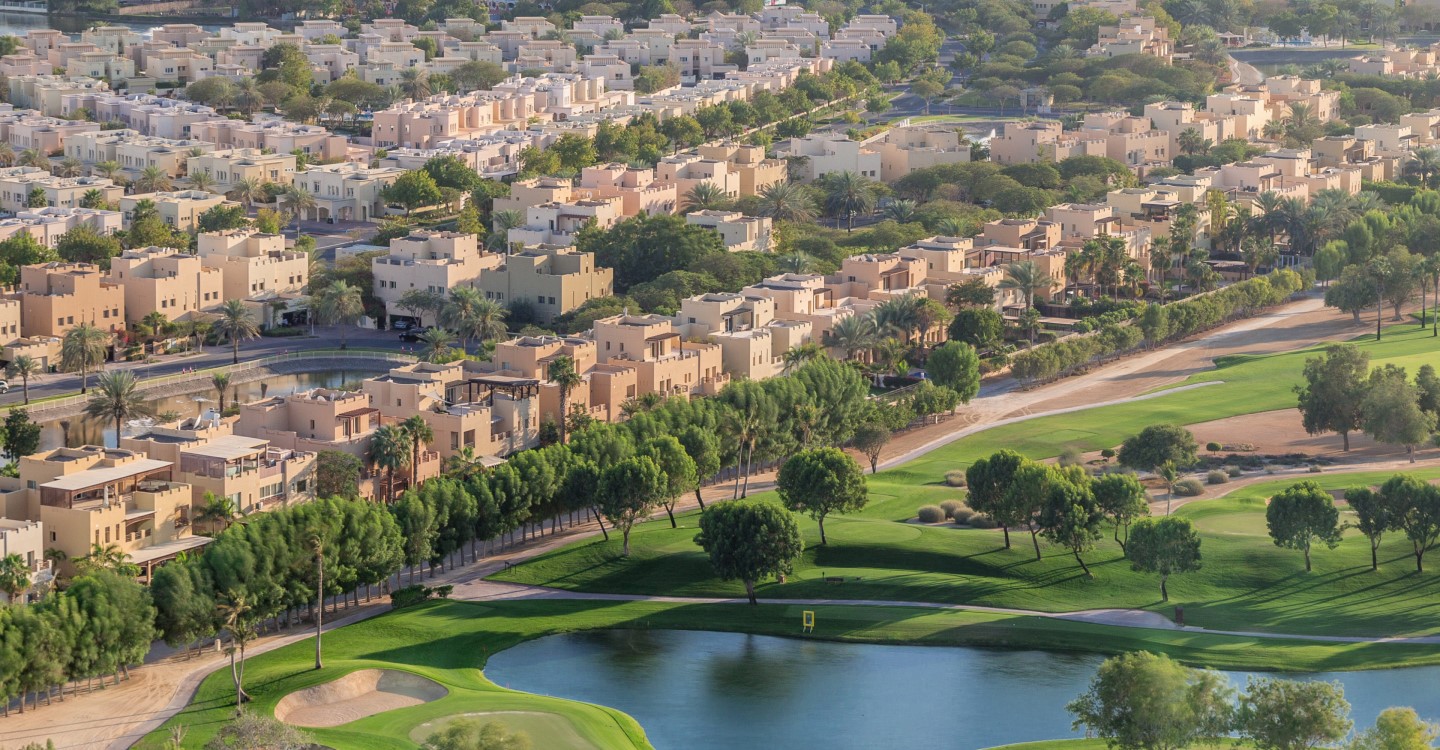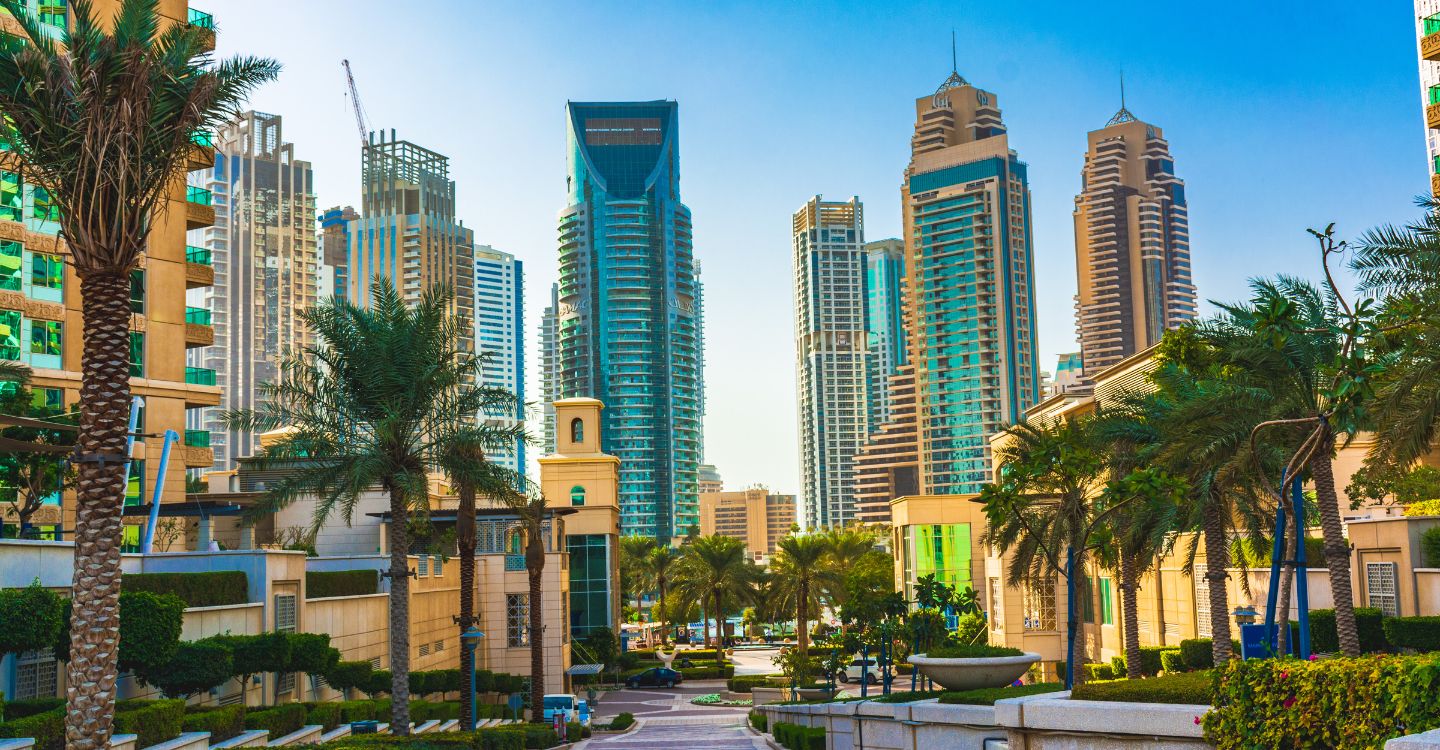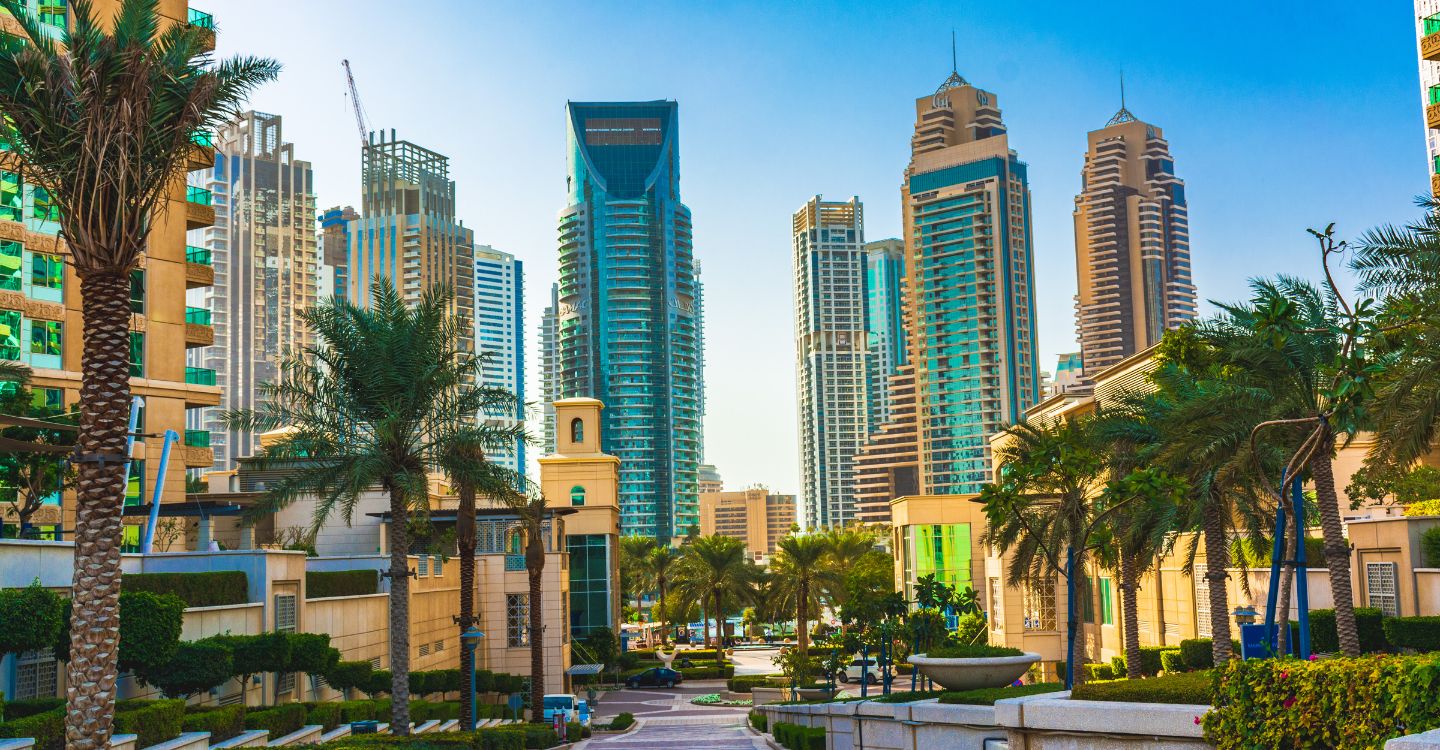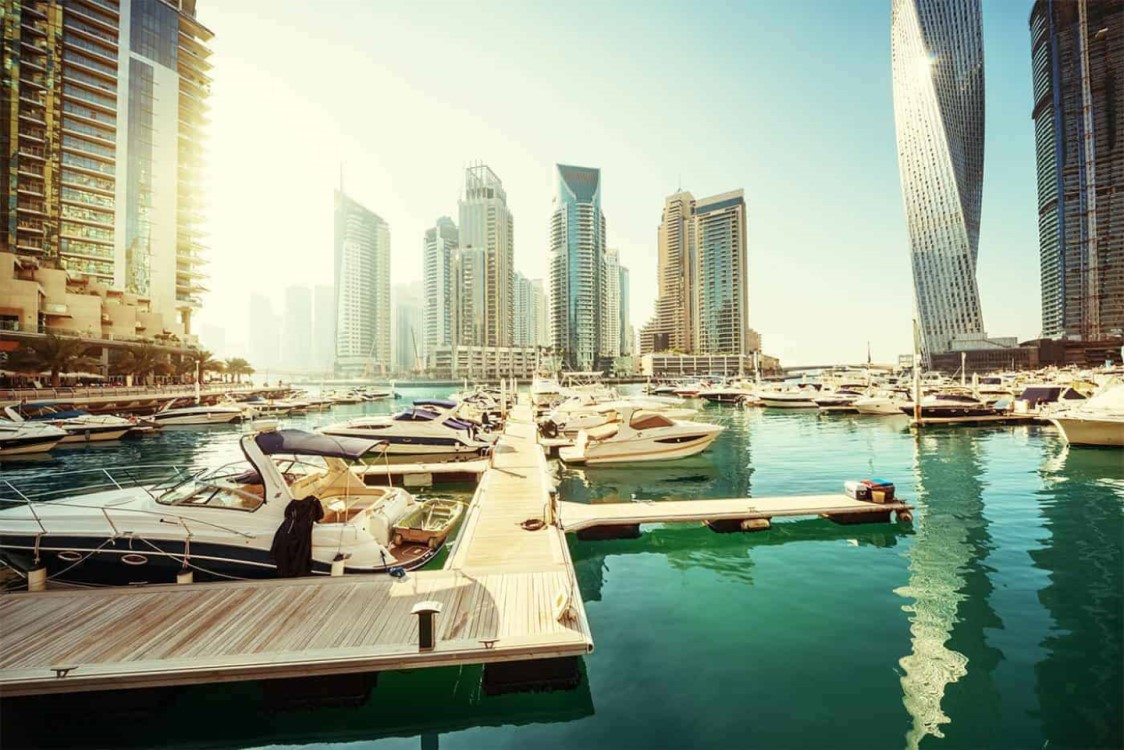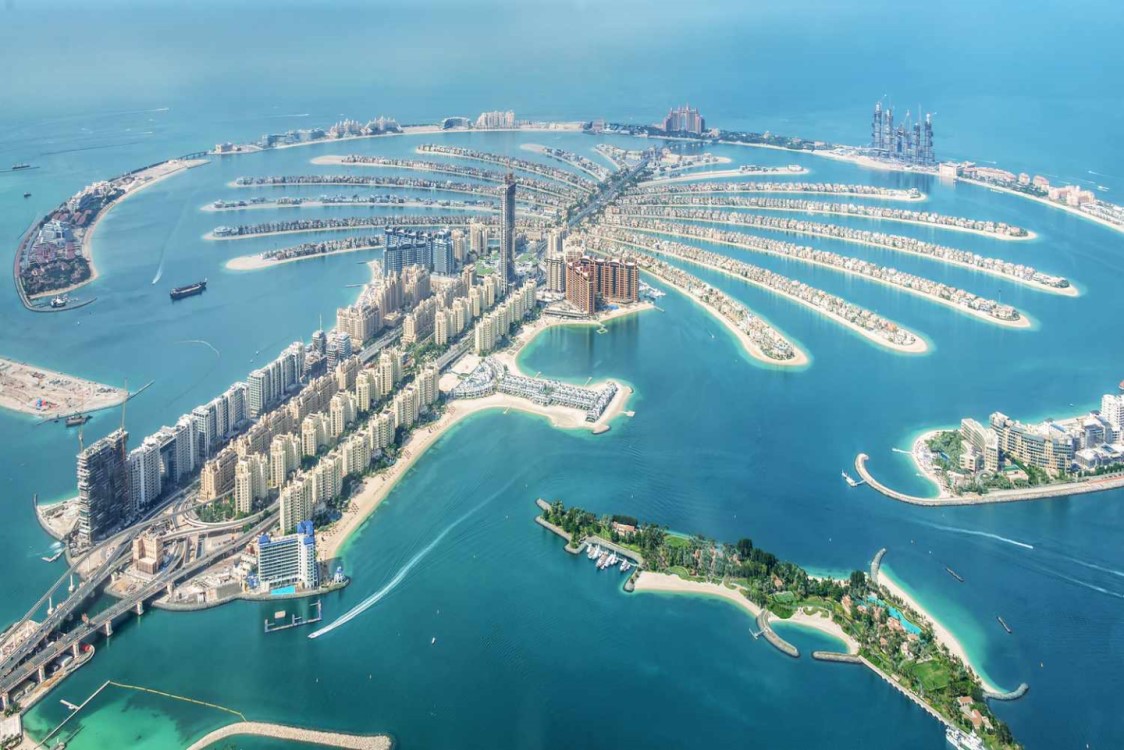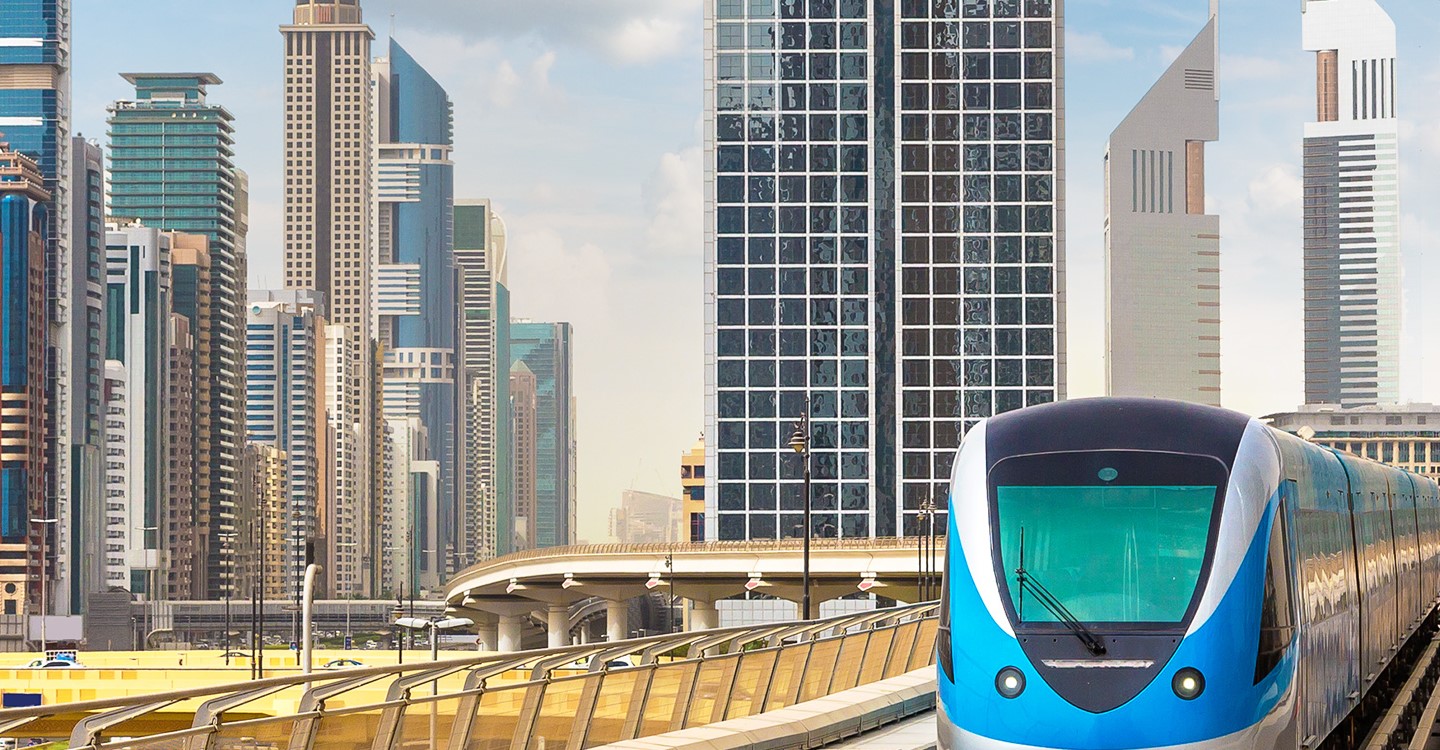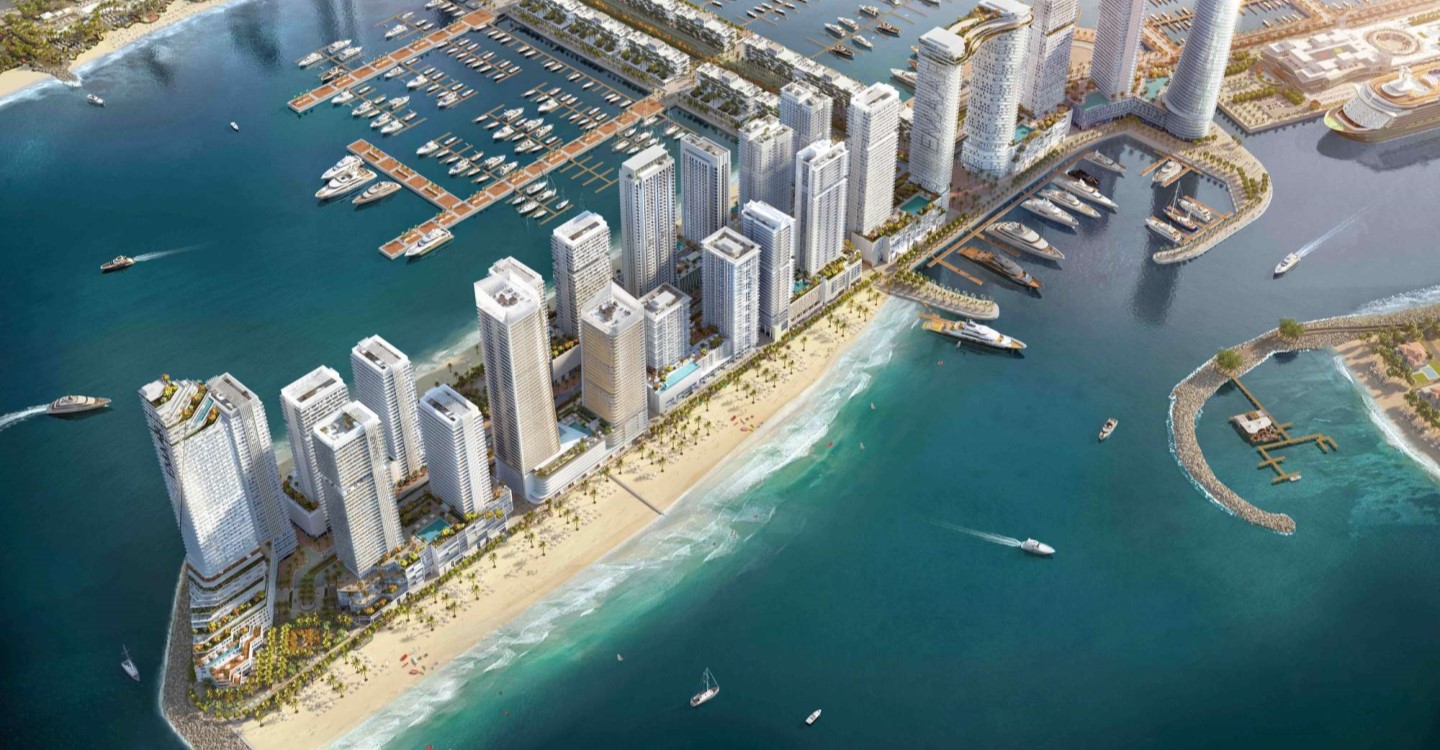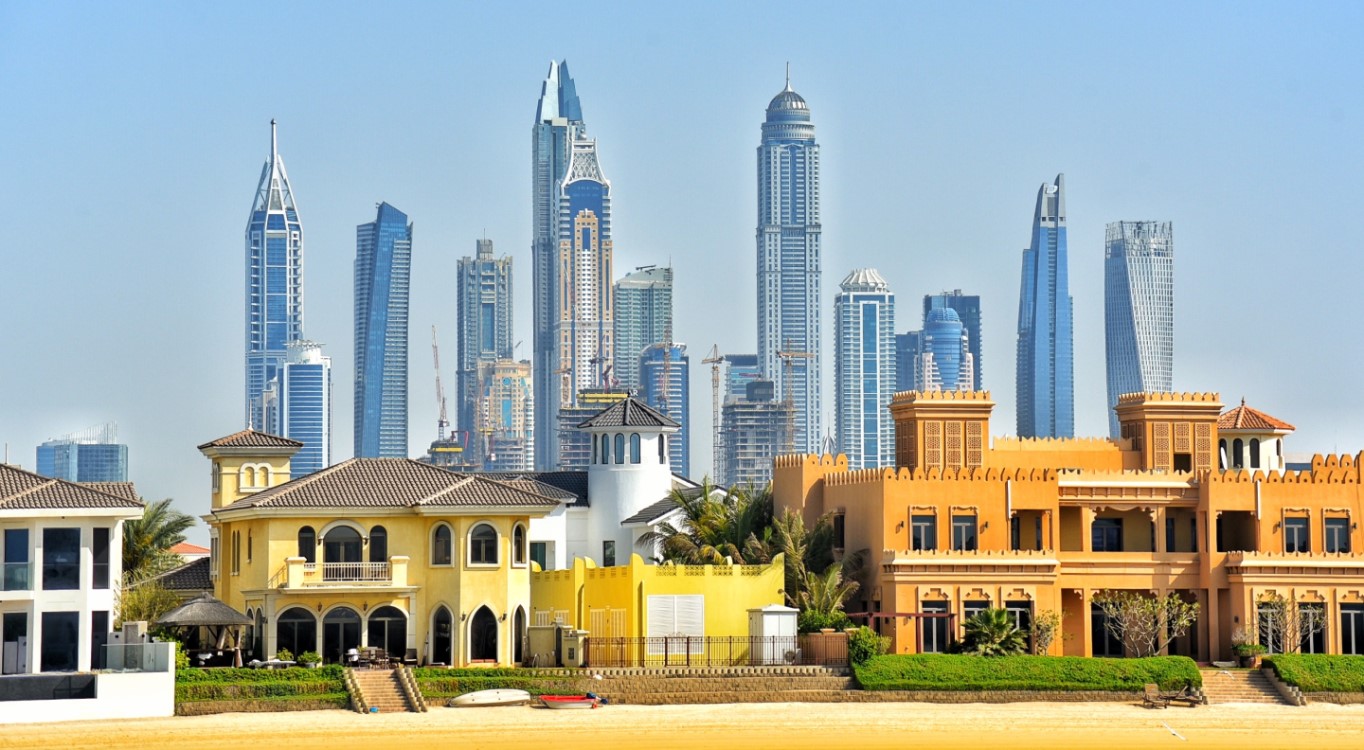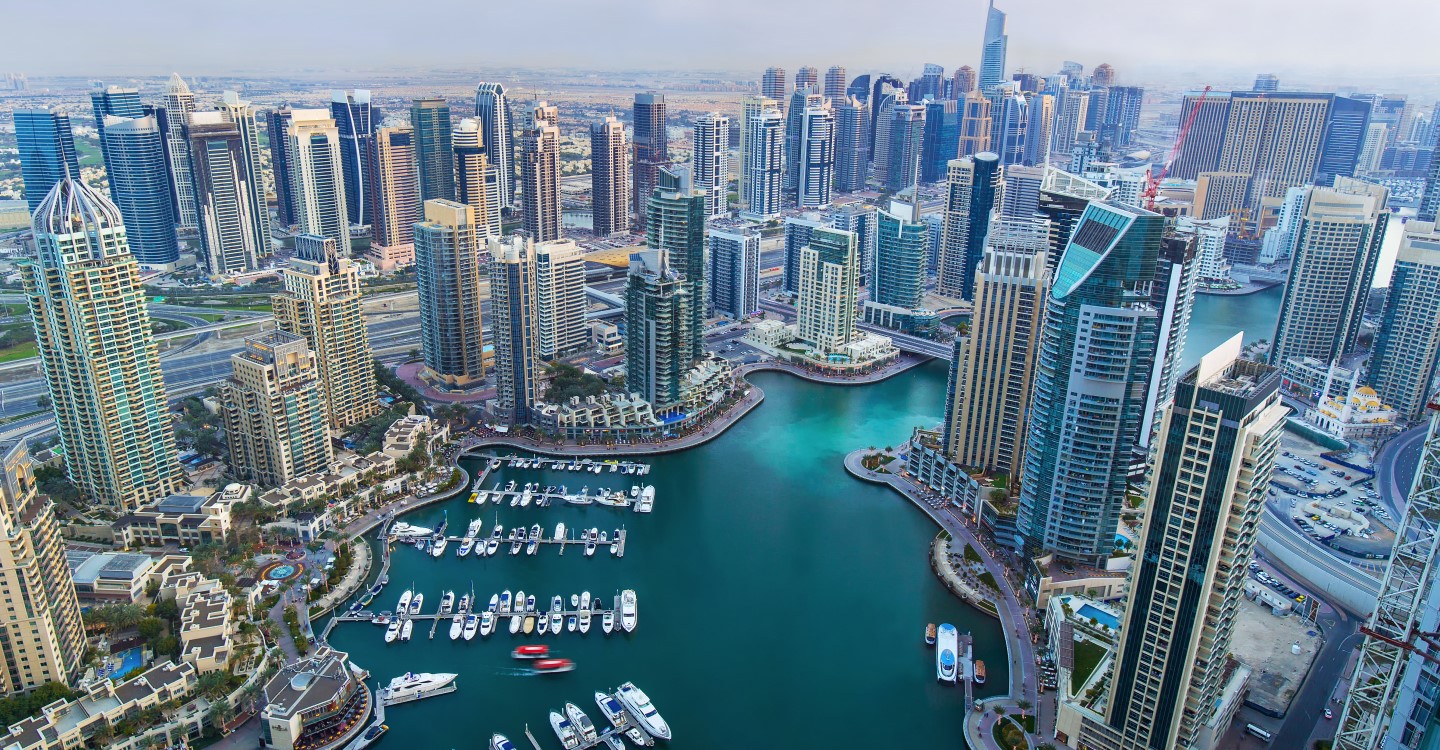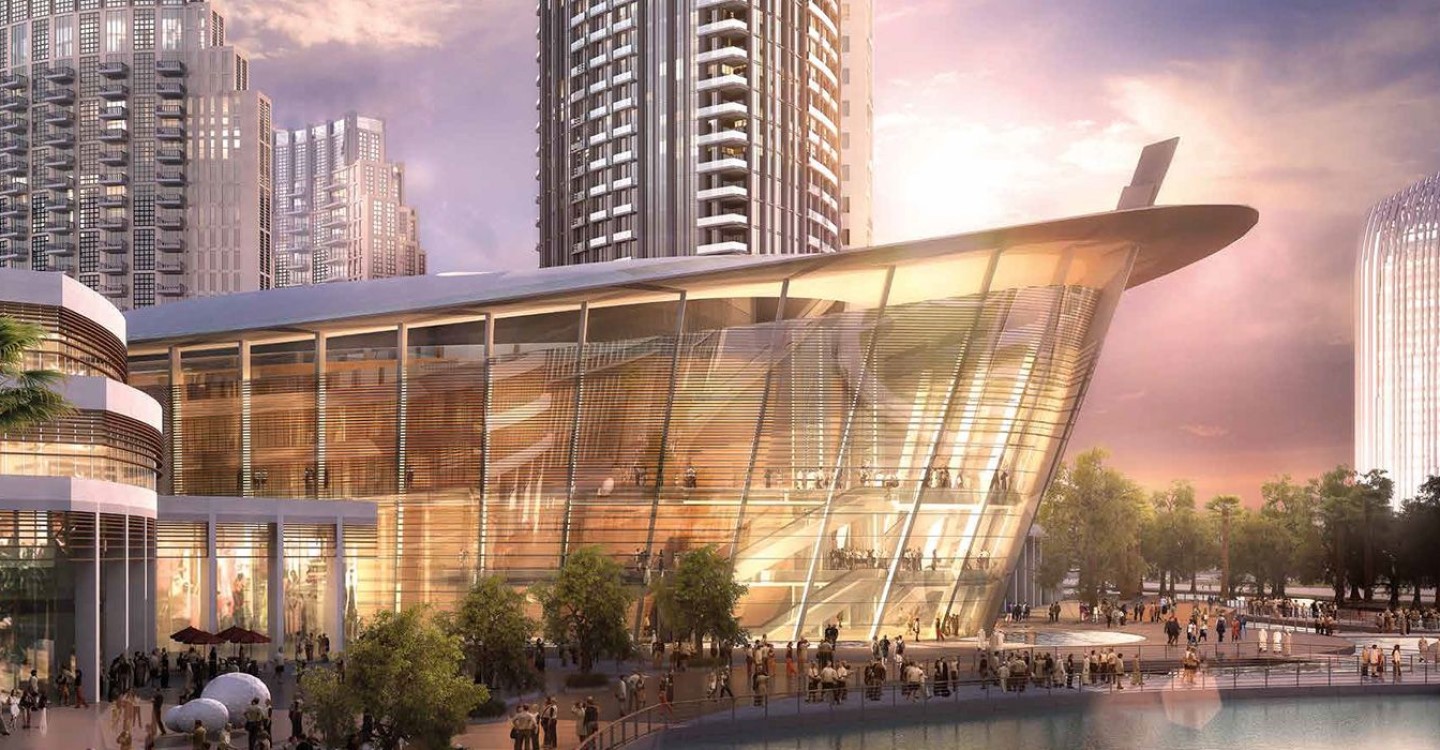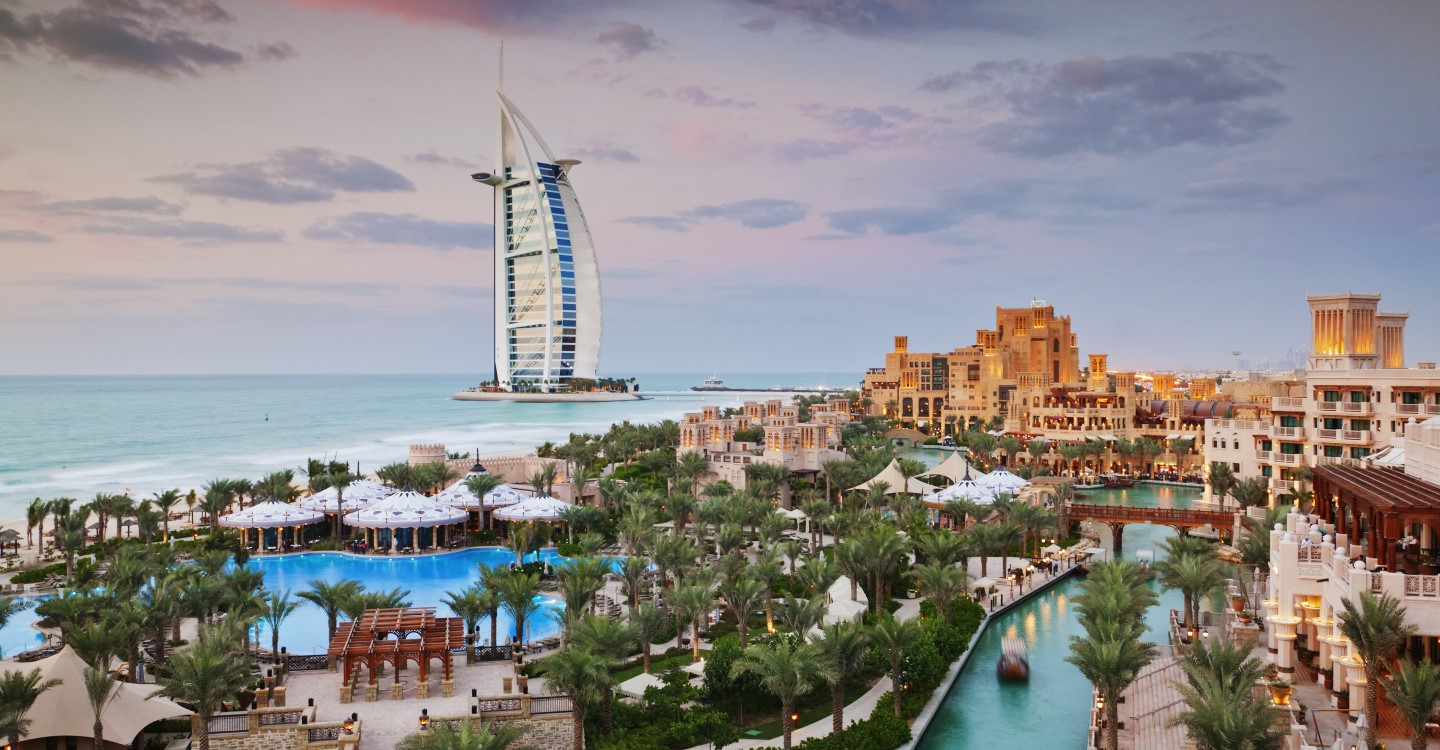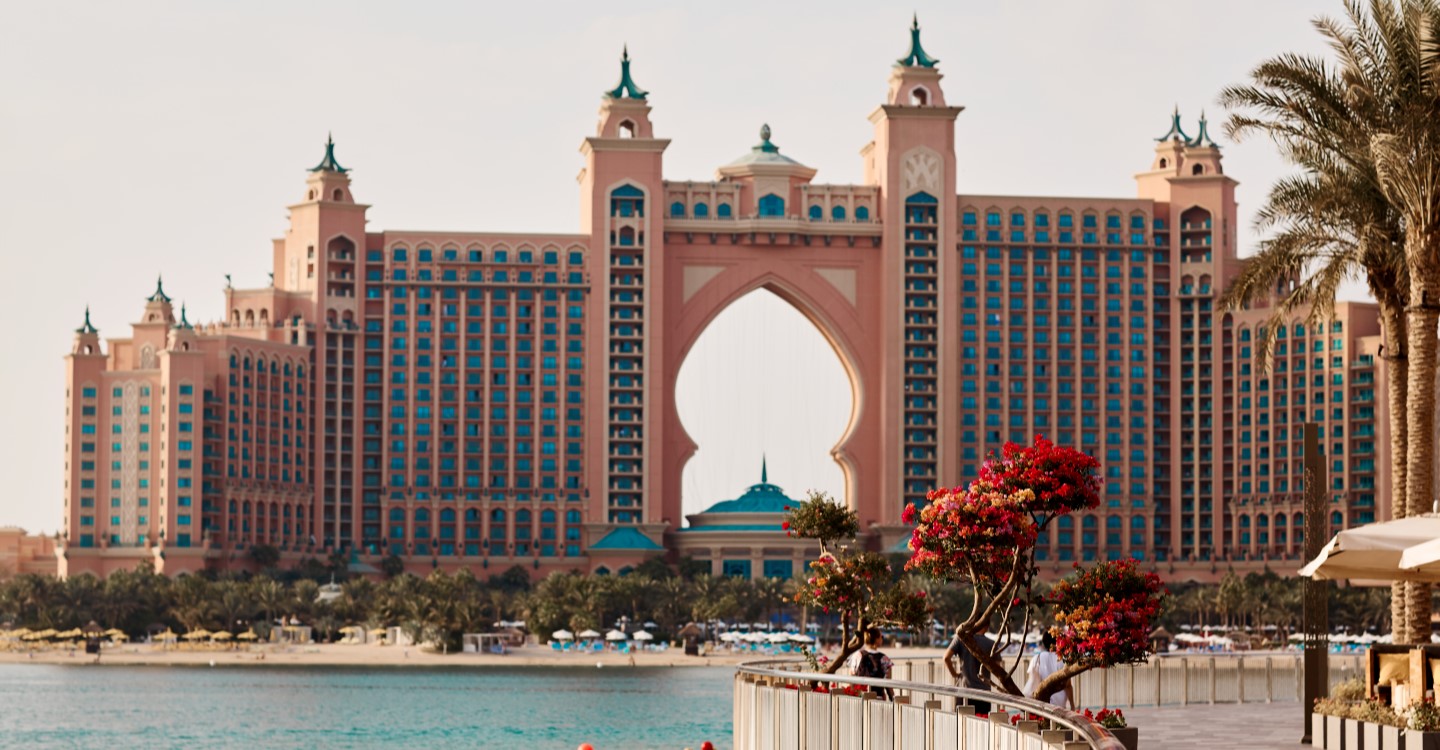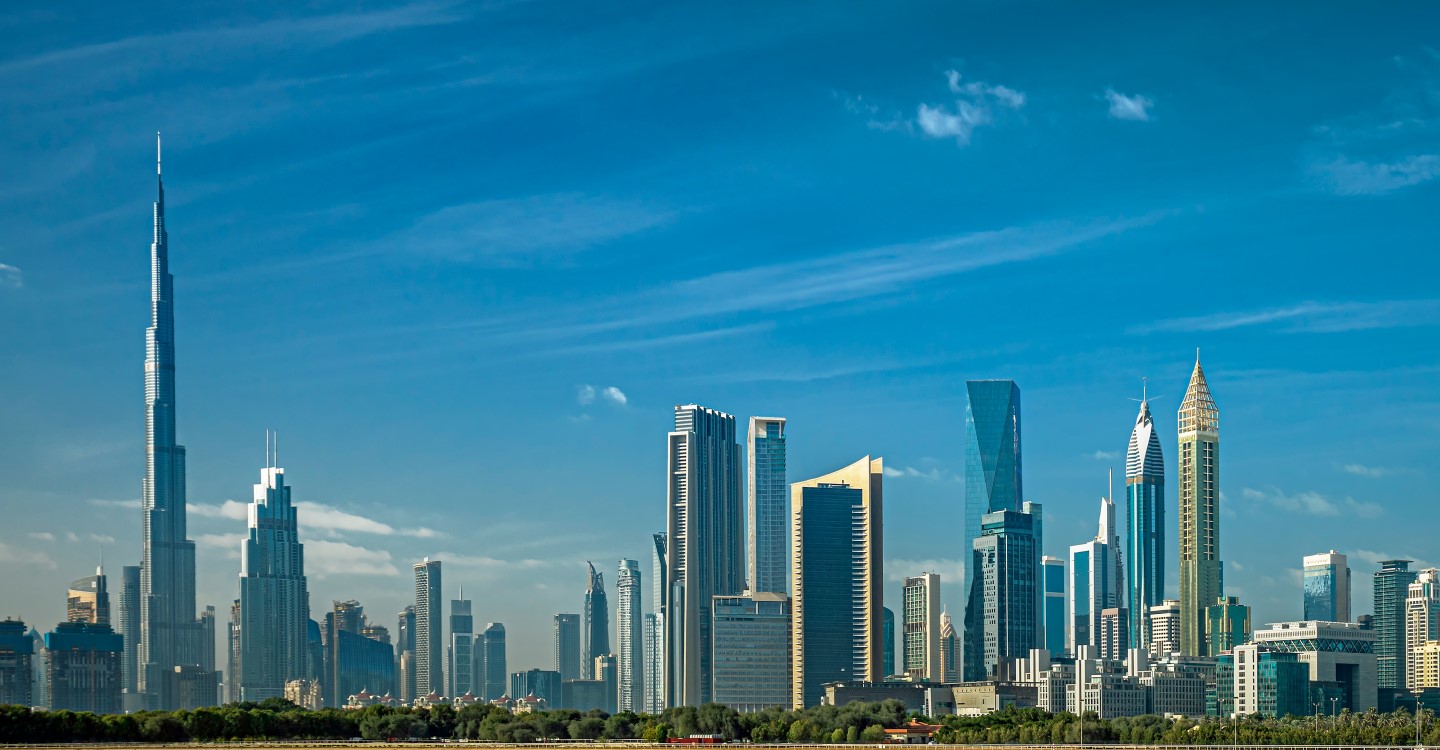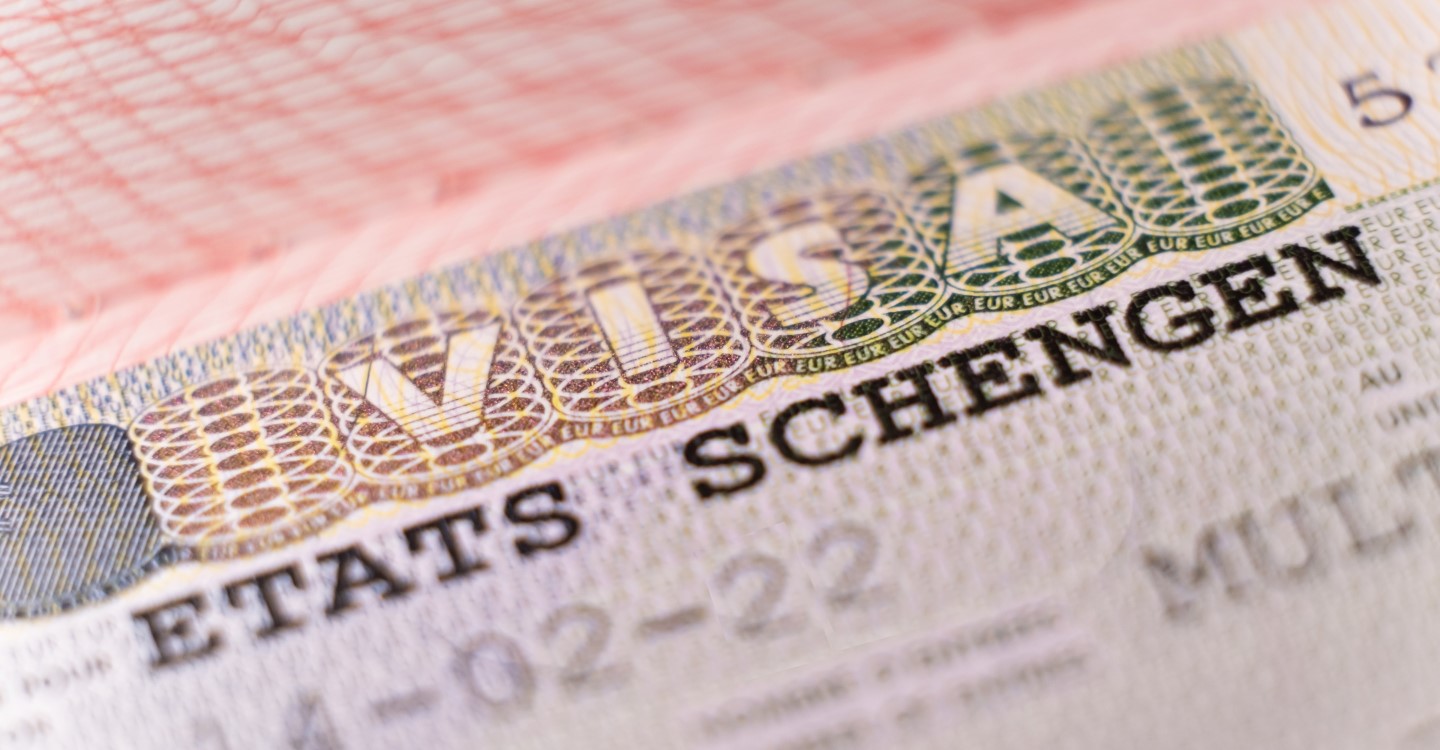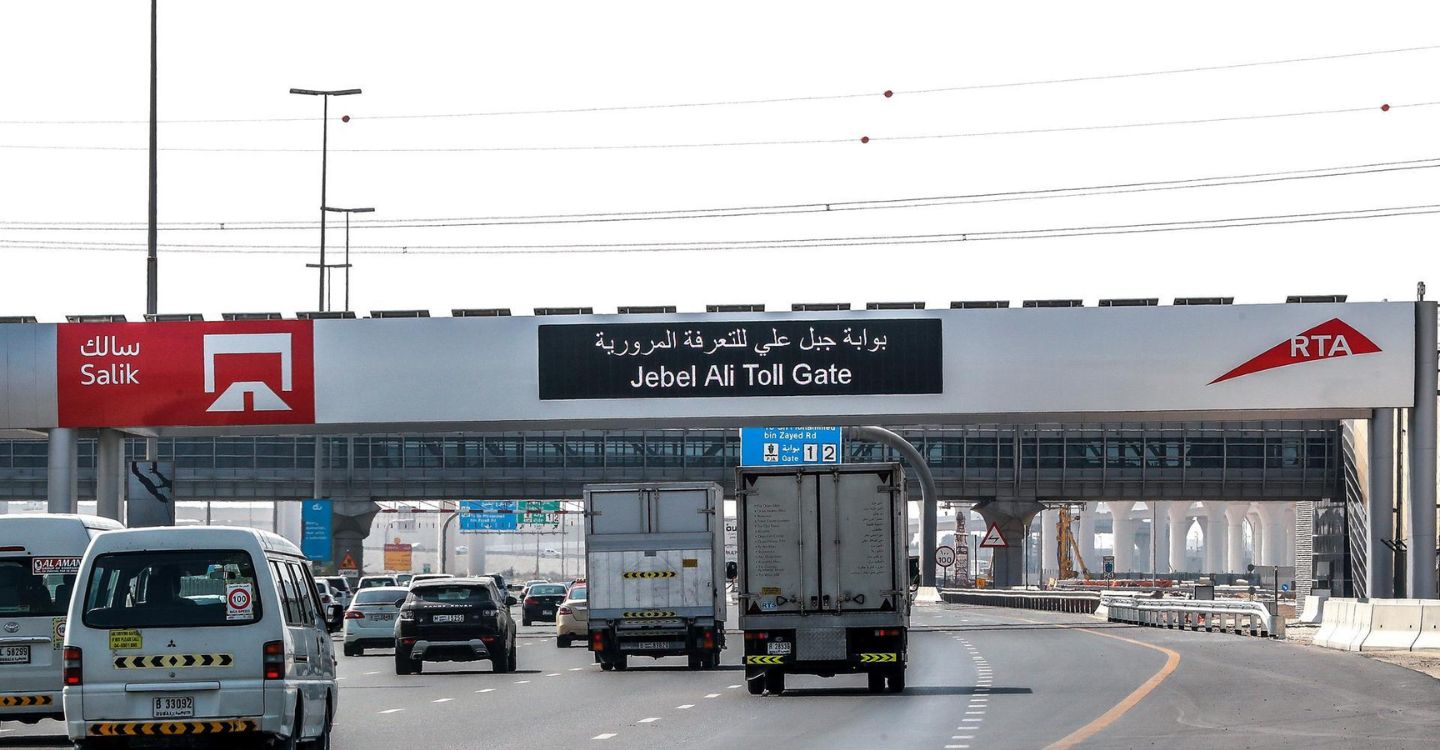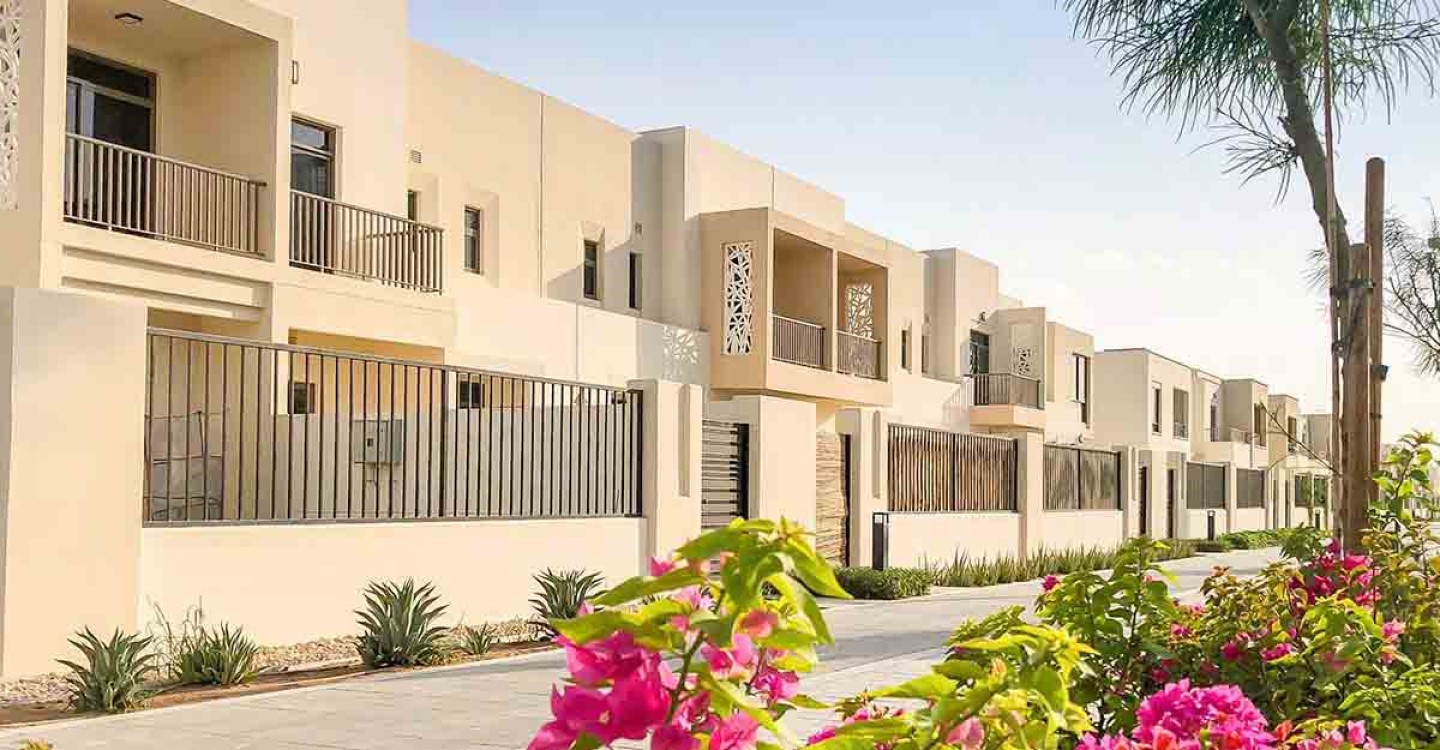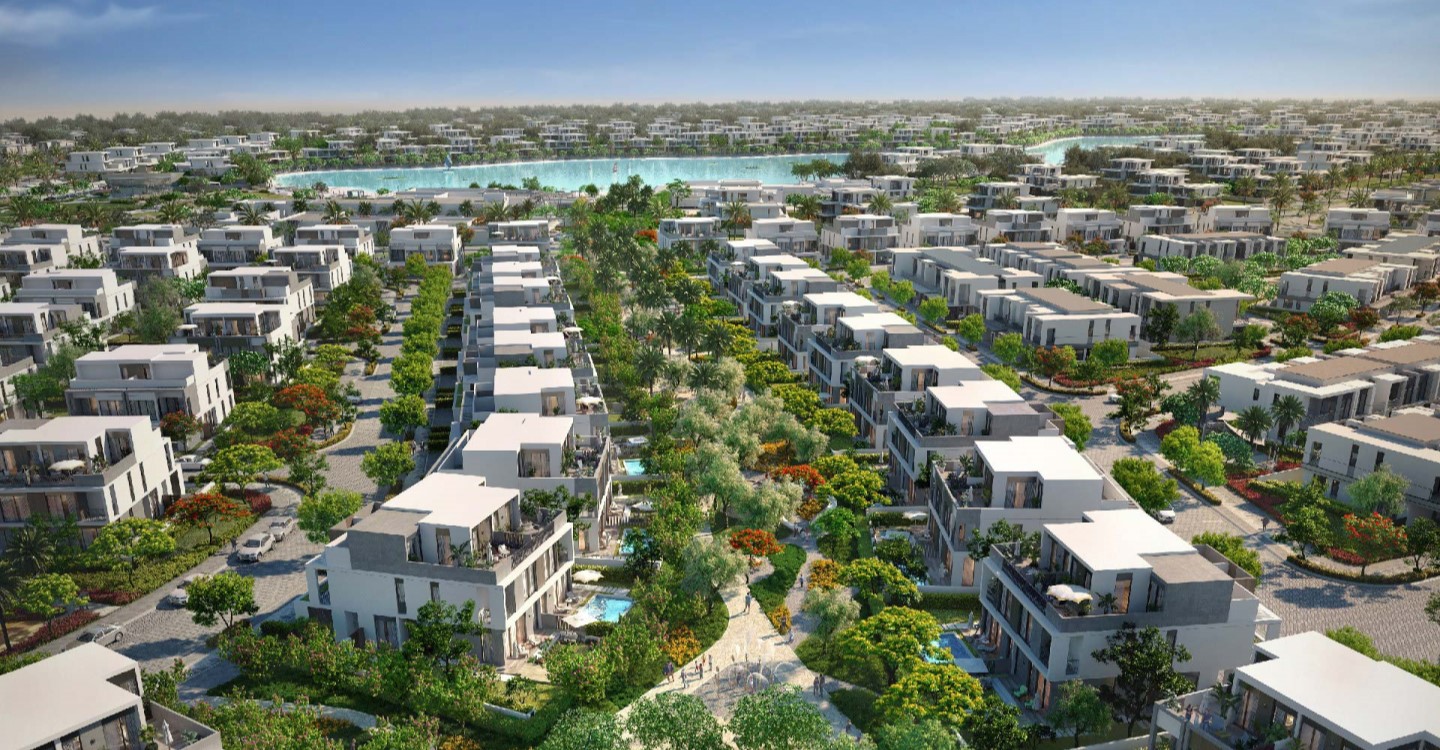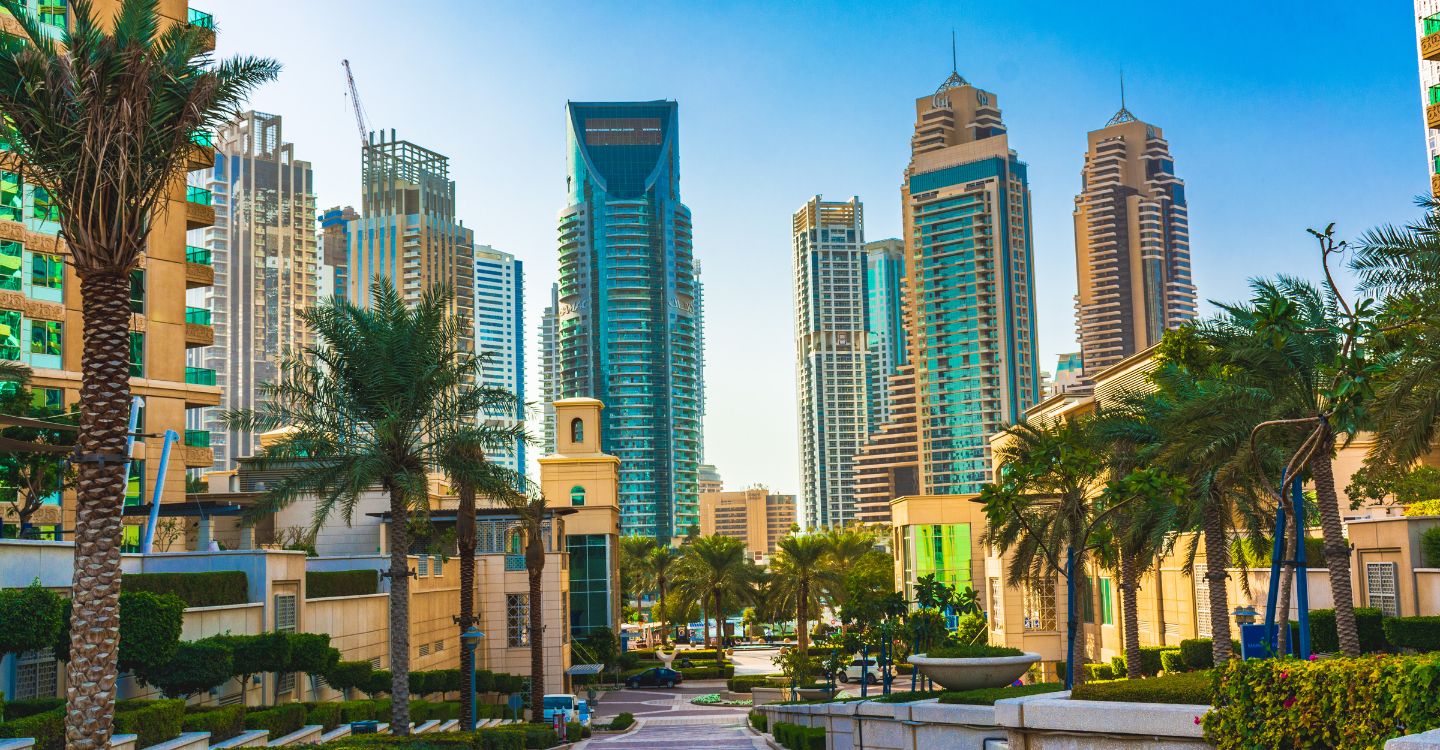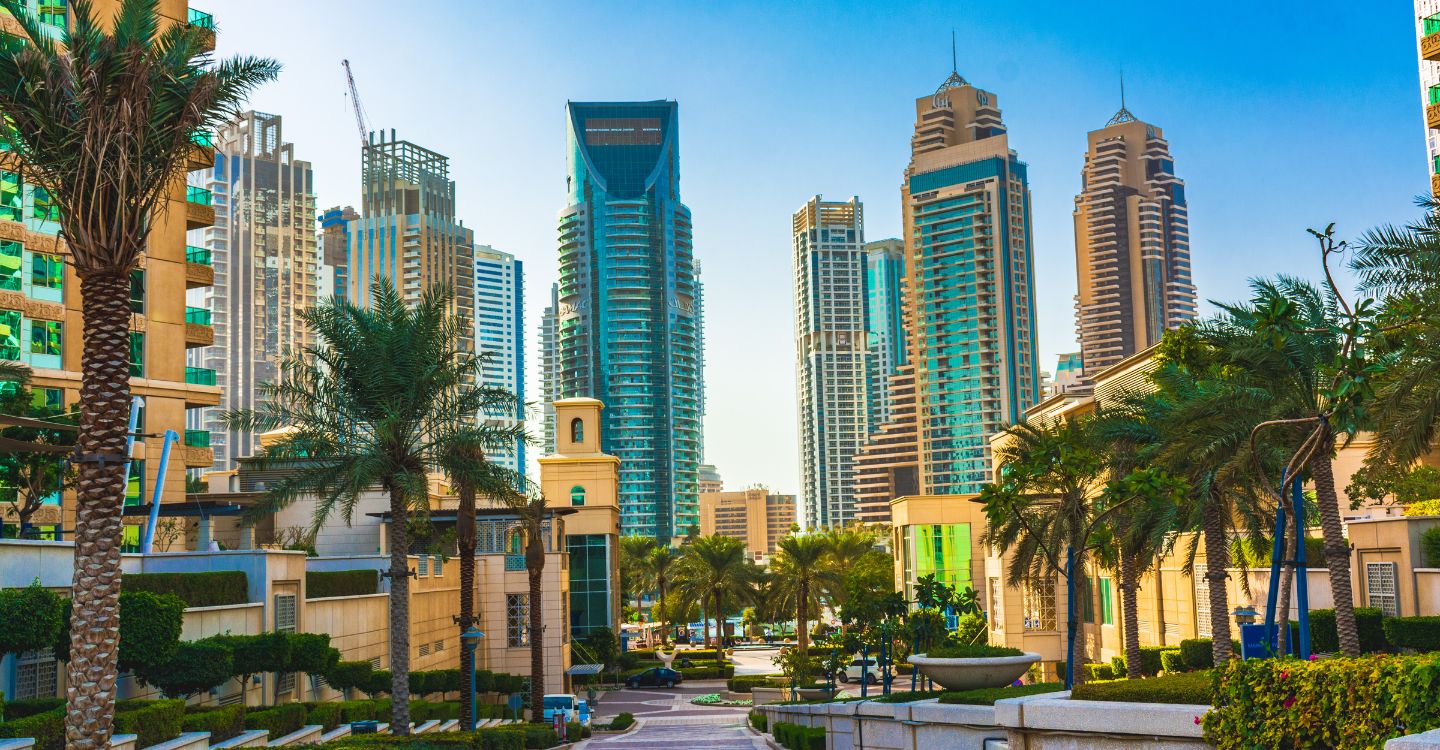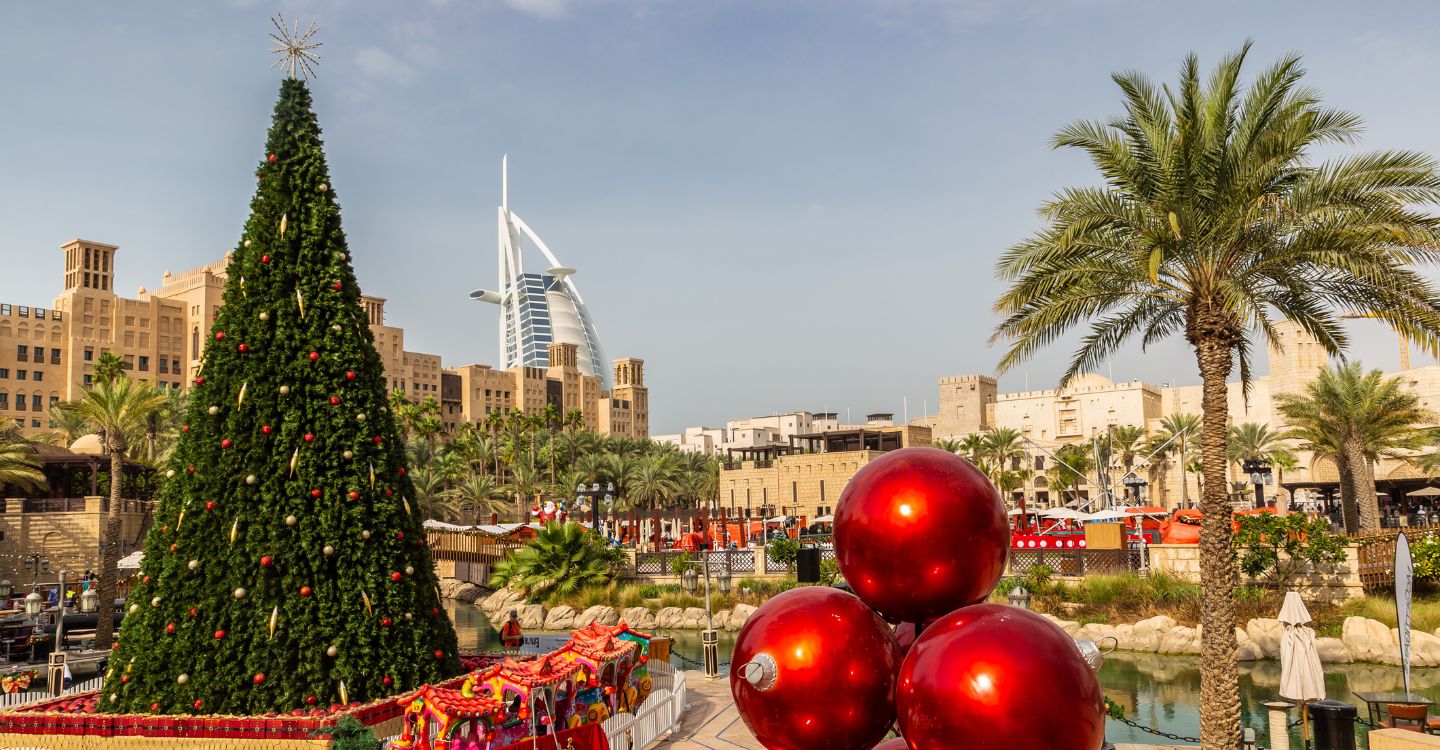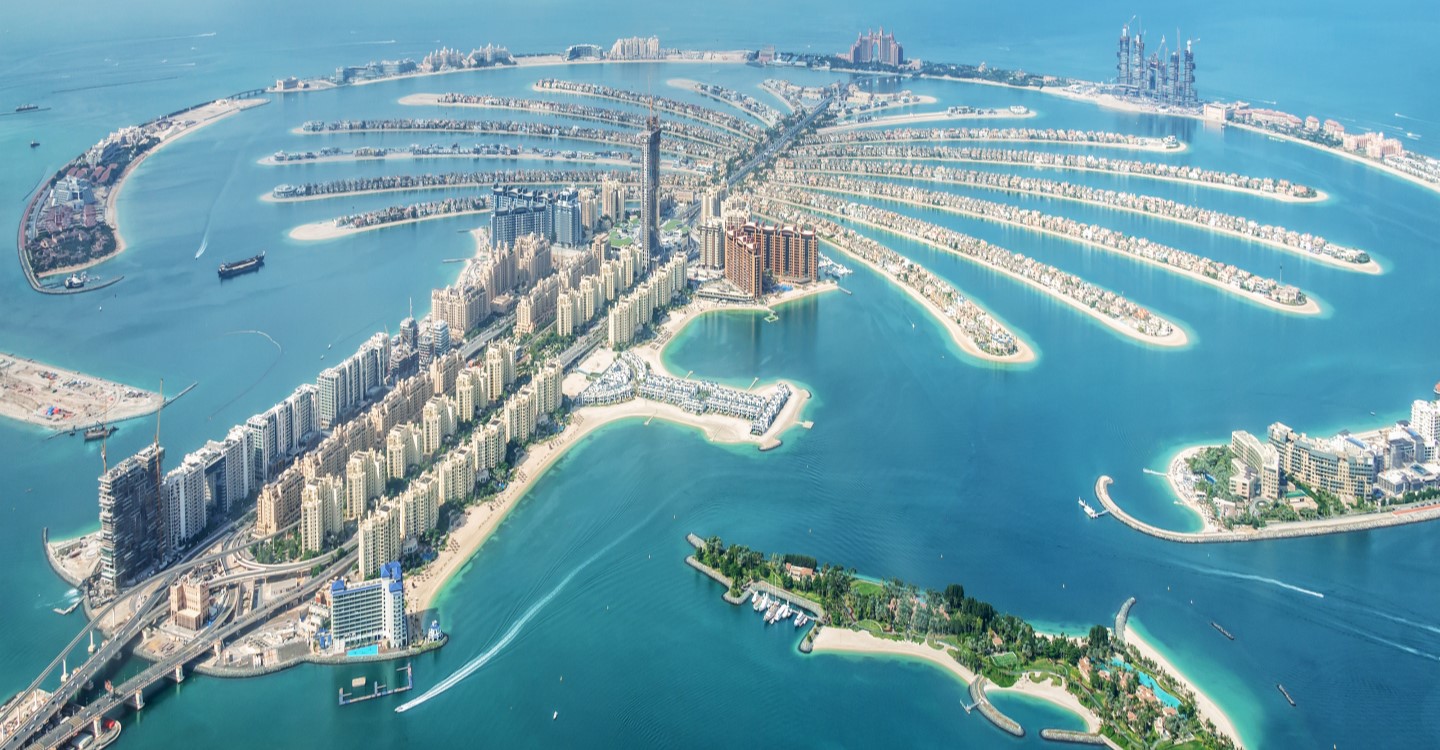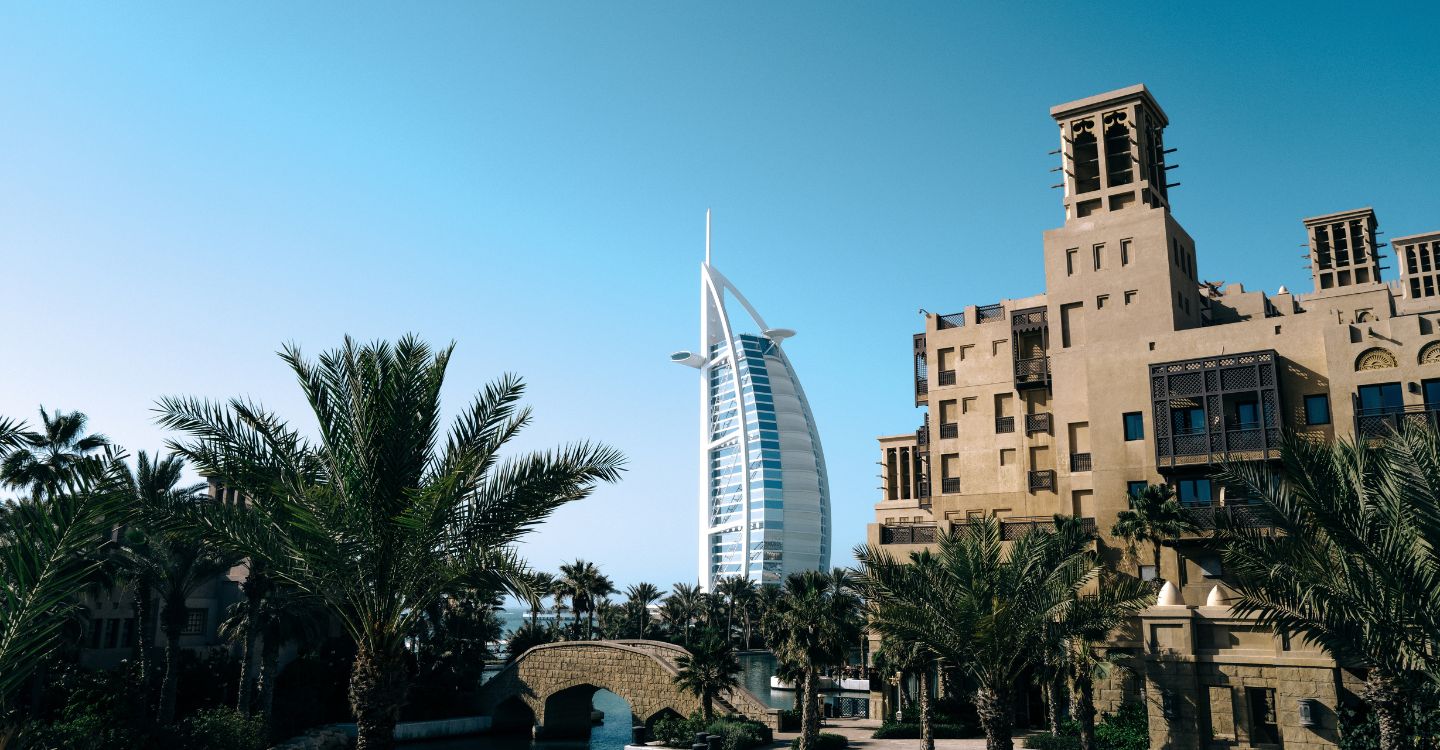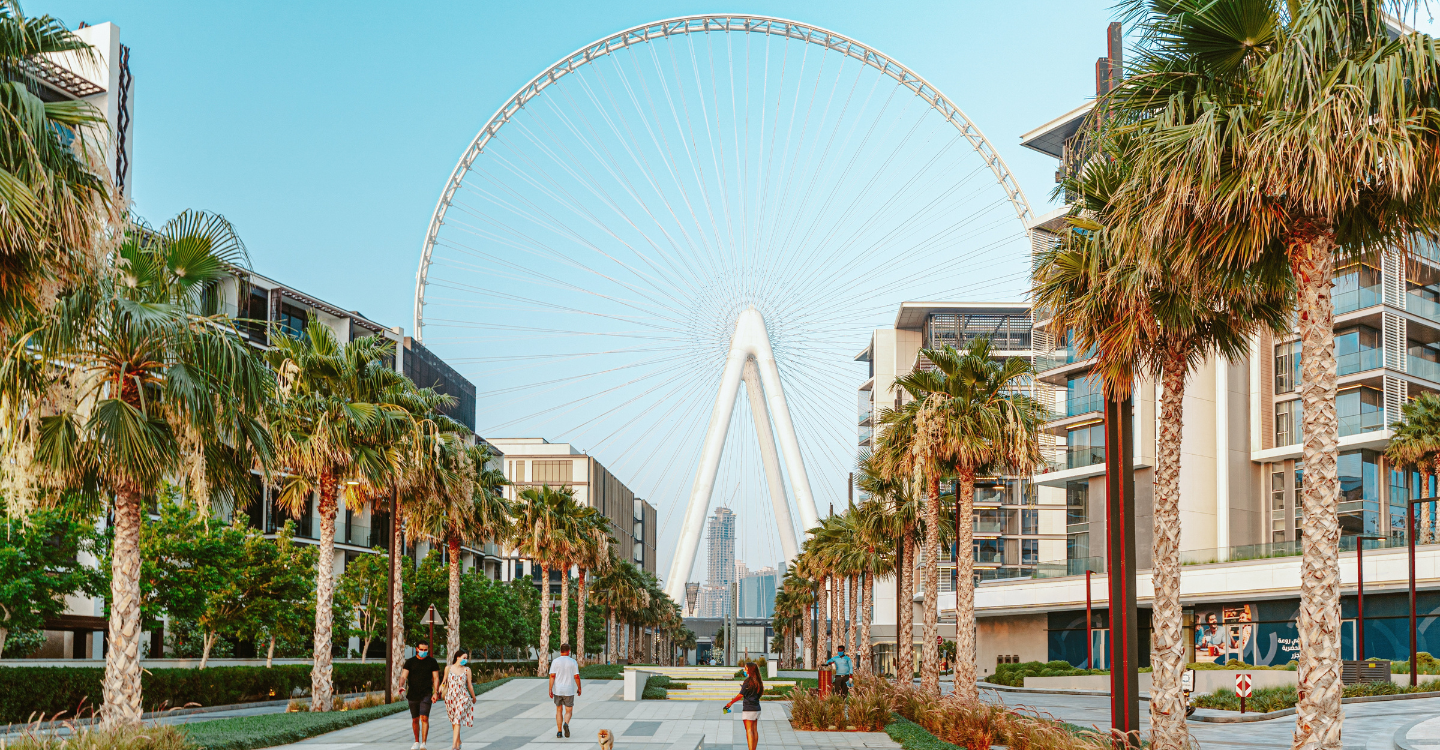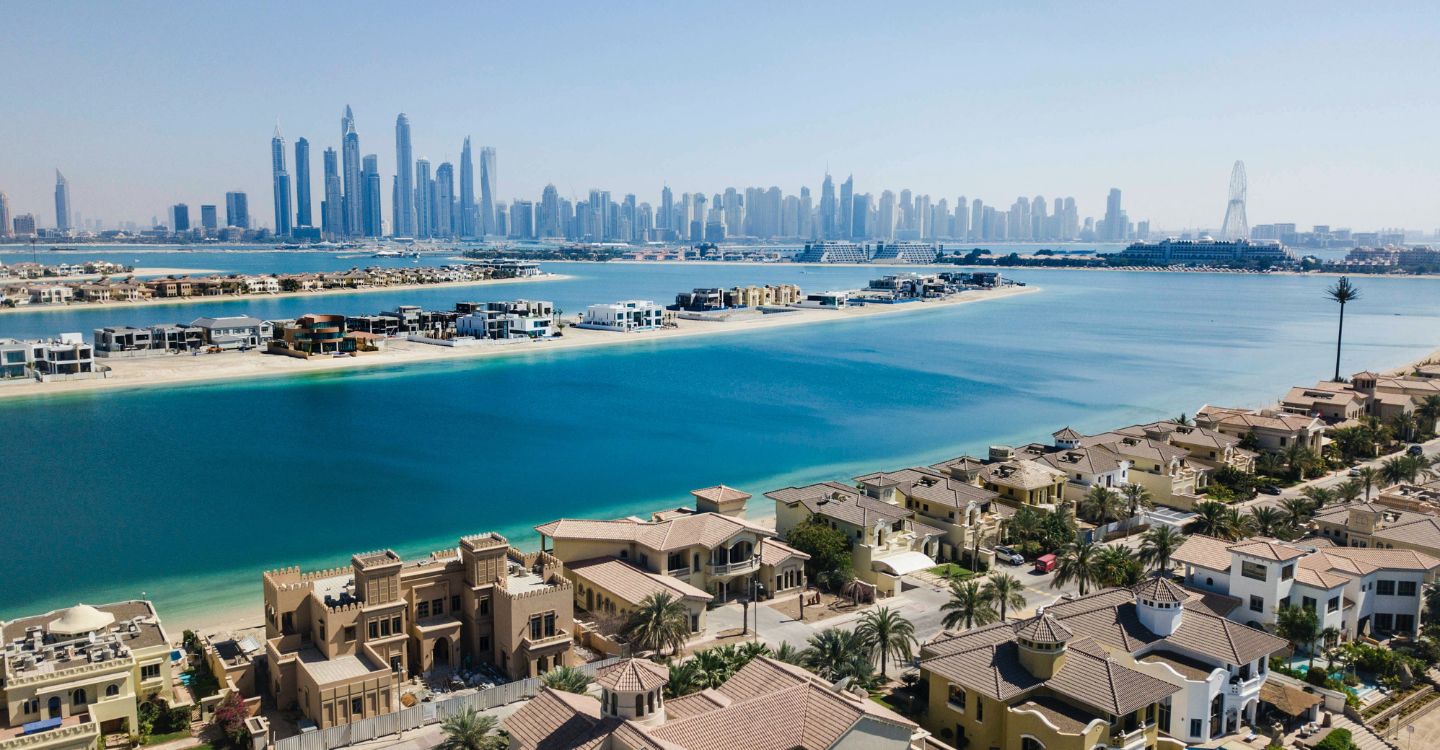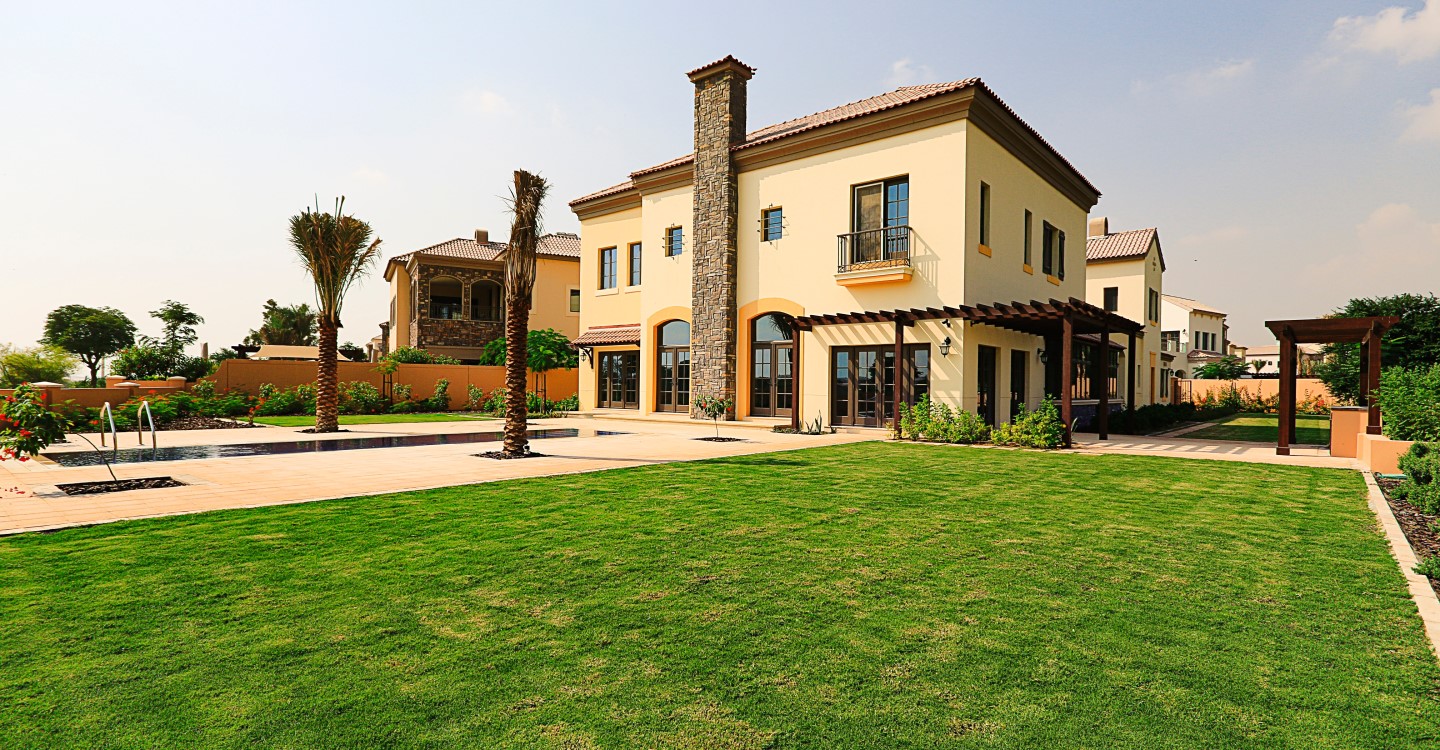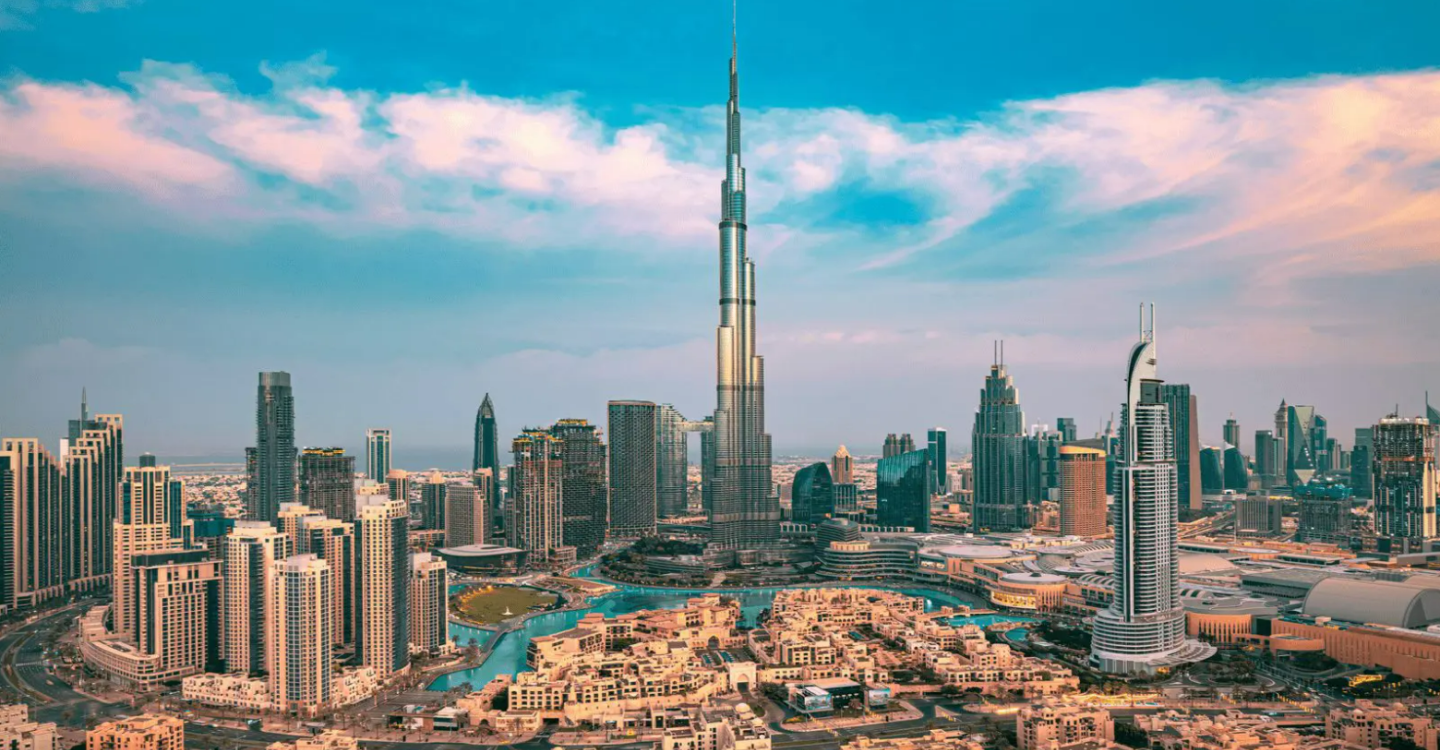
Dubai, often referred to as the "City of Dreams," has captivated the imagination of real estate investors from every corner of the globe. Its allure lies in a harmonious blend of futuristic skylines, a thriving economy, and a strategically advantageous location at the crossroads of Europe, Asia, and Africa. Dubai's meteoric rise as a global business and tourism hub has not only solidified its reputation but also positioned it as a prime destination for real estate investment.
As the saying goes, "Opportunity knocks, but it doesn't kick down the door." In Dubai's dynamic real estate landscape, it's not enough to be merely aware of the tantalizing prospects; one must navigate this market with a well-thought-out strategy.
Among the myriad of choices awaiting prospective investors, a pivotal decision looms large: should one opt for the allure of short-term gains or the endurance of long-term stability when it comes to real estate investments in Dubai?
In this comprehensive blog, we will delve into the nuances of both approaches, providing you with valuable insights to help you make informed decisions about your Dubai real estate investments.
Short-Term Dubai Real Estate Investment Strategies:
1. Flipping Properties for Quick Gains
One of the most popular short-term real estate investment strategies in Dubai is property flipping. This strategy involves purchasing properties at a lower price, typically off-plan or distressed properties, and then selling them at a higher price after a short period. Dubai's dynamic real estate market often witnesses rapid price appreciation, making it an attractive option for short-term gains.
In a city where change is the only constant, short-term real estate investment strategies in Dubai have garnered significant attention and appeal. These strategies often revolve around the concept of capitalizing on rapid market fluctuations and seizing opportunities that promise quick returns.
2. Short-Term Rentals and Airbnb
Another short-term strategy involves renting out your property on a short-term basis, targeting tourists and business travelers. Platforms like Airbnb have gained popularity in Dubai, allowing property owners to generate steady rental income. This approach offers flexibility, as you can switch between short-term and long-term rentals based on market demand and your financial goals.
Dubai's burgeoning tourism sector has given rise to another attractive short-term strategy—short-term rentals, often facilitated through platforms like Airbnb. Property owners can generate revenue by leasing their properties to tourists and business travelers, with the flexibility to switch between short-term and long-term rentals based on market dynamics and financial objectives.
3. Participating in Pre-Launch Projects
Dubai's vibrant real estate market has earned a well-deserved reputation for its pre-launch projects, a distinctive facet that sets it apart from other global property markets. In these projects, developers extend exclusive opportunities to early investors by offering properties at discounted rates before the formal launch phase. This unique practice has garnered significant attention from investors seeking to capitalize on the potential for substantial profits as property values appreciate following project completion.
Participating in pre-launch projects in Dubai can indeed be a lucrative endeavor, provided it is approached with meticulous care, thorough research, and unwavering due diligence. Here, we explore why these projects are coveted by investors and delve into the critical considerations that can pave the way for success.
4. Focus on High-Demand Areas
Short-term investors in Dubai's dynamic real estate market frequently set their sights on areas characterized by high rental demand, and two prime examples are Downtown Dubai and Dubai Marina. These bustling districts serve as magnets for expatriates and tourists alike, offering a compelling proposition for those seeking short-term investment opportunities.
Long-Term Dubai Real Estate Investment Strategies:
1. Buy-and-Hold Strategy
Long-term real estate investors in Dubai often embrace the enduring strategy of "buy-and-hold." This approach involves acquiring properties with the clear intention of retaining them for an extended period, typically spanning several years, if not decades. Unlike short-term investors who seek swift returns, proponents of the buy-and-hold strategy are motivated by the promise of sustained income and the potential for gradual yet significant capital appreciation over time.
2. Steady Rental Income
Investing in long-term rental properties in Dubai is a strategic choice that can provide a stable and reliable source of income. This investment approach is particularly advantageous when investors carefully select properties in family-friendly residential neighborhoods or bustling commercial districts. These choices can yield consistent rental income, offering a sense of security and predictability that aligns with the long-term investment horizon.
3. Focus on Emerging Areas
Long-term real estate investors in Dubai frequently explore emerging neighborhoods as part of their investment strategy. These areas are characterized by the potential for substantial growth and development over time, making them attractive choices for investors looking to capitalize on early price appreciation. Emerging neighborhoods often offer properties at more affordable prices compared to established districts, presenting investors with a unique opportunity to secure assets poised for long-term appreciation.
4. Portfolio Diversification
Building a diversified real estate portfolio in Dubai is a prudent long-term strategy that offers several advantages to investors. Diversification serves as a risk mitigation tactic, allowing investors to balance their portfolio with a mix of property types, including residential, commercial, and industrial properties. This strategic approach enhances the resilience of the portfolio and aligns with long-term investment objectives.
Key Considerations for Dubai Real Estate Investment:
1. Market Research and Trends
Regardless of whether you opt for a short-term or long-term real estate investment strategy in Dubai, one fundamental principle remains constant: thorough and ongoing market research is absolutely essential. Staying well-informed about Dubai's real estate trends, government policies, and economic factors that can influence the market is critical for making sound investment decisions and maximizing your returns.
2. Legal Framework and Regulations
Navigating Dubai's real estate market successfully requires a deep understanding of the specific regulations and laws that govern it. Being well-versed in these rules is essential for anyone involved in property investment, whether for short-term or long-term purposes. Key areas of concern include property ownership, visas, and taxes, all of which can significantly impact your real estate ventures in Dubai.
3. Risk Management
Engaging in both short-term and long-term real estate investment strategies in Dubai presents investors with distinct risks. It is imperative to assess your risk tolerance and develop comprehensive strategies to mitigate potential downsides, ranging from market fluctuations to tenant vacancies. Being proactive in risk management is vital to safeguard your investments and enhance the likelihood of achieving your financial objectives.
4. Financial Planning
To ensure success in your Dubai real estate investment, it's crucial to establish a clear and comprehensive financial plan. This plan should encompass various aspects of your investment, including your budget, expected returns, and contingency funds to handle unexpected expenses. A well-structured financial plan not only helps you stay on track but also enhances your ability to navigate unforeseen challenges that may arise during your investment journey.
Conclusion
In the realm of Dubai real estate investment, choosing between short-term and long-term strategies ultimately depends on your financial goals, risk tolerance, and investment horizon. Short-term strategies can yield quick gains, while long-term approaches provide stability and consistent income. Moreover, a well-diversified portfolio that combines elements of both strategies can offer a balanced investment strategy.
To succeed in Dubai's dynamic real estate market, investors must stay informed, adapt to changing conditions, and align their investment choices with their unique objectives. Whether you opt for short-term excitement or long-term security, Dubai real estate continues to beckon as a land of opportunity.


















